When Gina departed for Ireland, I found myself staring at eleven empty days—a blank canvas that felt daunting and delicious. My previous sabbaticals were mountain solitudes in Colorado, desperate escapes from the authoritarian evangelical mega-churches where I served as artistic director, always misunderstood, perpetually out of place. Those Rocky Mountain retreats demanded adrenaline—solo summiting 14,000-foot peaks, navigating impassable mountain trails in my Jeep. I needed the excitement, the rush, the proof that I could conquer something after being suppressed by institutional brutality for so long.
But this sabbatical? At sixty-seven, retired for over twenty years, what was I taking a break from?
The answer revealed itself organically: I was taking a sabbatical into something—into the inexhaustible mysteries of Barcelona, into a deeper communion with my adopted city, into the art of living fully present in paradise.
Day One: Madrid Interlude
Up at 3:30 AM to escort Gina to the airport, then racing to Sants station for the high-speed train to Madrid. My destination: new AI-powered hearing aids to replace the ones genetics and thirty years of stage-volume rock music had rendered necessary. Between the audiologist appointment and my return train, I wandered into the Reina Sofía Museum.
What a revelation. While the Prado overwhelms with its imperial grandeur, the Sofía embraces you with intimate intensity. Picasso’s visceral Guernica commanded the room, but it was Dalí’s provocative “Great Masturbator” and Josep de Togores’ “Couple on the Beach” that truly moved me. Nestor’s Poema de la Tierra—both El Invierno and El Otoño—spoke in passionate whispers about seasons of the soul.
The new hearing aids are miraculous. The train ride home through Spanish countryside reminded me why I love rail travel—civilized, contemplative, connecting rather than conquering distance. Home. Exhausted. Exhilarated.
Days Two Through Four: Discovering Hidden Barcelona
Tuesday brought a reconnaissance mission to Mt. Tibidabo. I needed to scout the trail in daylight before attempting my planned sunrise run. The wide dirt path wound through singing birds and panoramic vistas I never knew existed. How many hundreds—thousands—of such discoveries await in this city? A sudden thunderstorm sent me sprinting for the funicular, a perfectly Barcelona moment of beauty interrupted by the drama of nature.
That evening’s attempt at buffalo chicken was an elaborate failure. Note to self: don’t pursue American comfort food in a culinary paradise. The recipe was trying too hard–too many ingredients.
Wednesday offered the healing ritual of tantric massage. In Spain, the body isn’t something to be ashamed of but celebrated, understood, integrated.
Afterwards, basking in the languor, I applied for a reading card at the National Library of Catalonia, eager to explore those legendary reading rooms. Thursday delivered pure magic. The biblioteca’s modern entrance opened onto a 15th-century reading hall that looked impossibly pristine—towering bookshelves, cozy reading nooks with individual lamps, and three identical rooms I hadn’t even known existed. Nearly alone in this temple to knowledge, I found a perfect corner and lost myself in Diane Setterfield’s The Thirteenth Tale.
Barcelona as seductive muse revealed herself once again in that moment. Is it any wonder I was inspired to create the impossible library in The Purging Room?
Day Five: Intellectual Communion
Dinner at La Pepita—a tiny tapas bar in bohemian Gràcia that epitomizes Barcelona’s unpretentious excellence. On impulse, I texted my dear friend and intellectual soulmate Benjamin. Within an hour, we were deep in sobremesa, that untranslatable Spanish art of lingering conversation after a meal. Three hours of questioning, philosophizing, exploring ideas without agenda or conclusion. Heaven, indeed.
Days Six and Seven: Sensual Adventures
Time for cooking experiments Gina would never tolerate—spicy South American shrimp stew with fresh clams, masa balls, and enough chipotle to make my eyes water. The freedom to explore flavors, like everything else here, feels like reclaiming parts of myself I’d forgotten existed.
The pre-dawn wake-up for my sunrise run along Carretera de les Aigües in Collserola Natural Park was pure transcendence. And the ride on the vintage funicular up the mountain was yet another sensual treat. I could not believe all this was only one metro stop from my house. As the sun rose over Barcelona’s extraordinary cityscape, I understood why this trail appears in every local’s secret list. Halfway through the run, I rested on a quirky mosaic bench, taking in the vistas while reading Robert Hughes beautiful words about Barcelona—la seductora ciudad en el paraíso.
Later, the Música Museum proved another hidden treasure. 4.50 Euros (jubilado discount) for three nostalgic hours alone among hundreds of guitars, brass instruments, and the most extraordinary dragon-headed trombones I’ve ever seen. As a former trombonist, these felt like discovering relatives in an ancient family album. Interactive stations let me play to my heart’s content. Twenty thousand steps that day—every one immersed in wonder.
Days Eight and Nine: Bodies, Books, and Brilliant Minds
Mar Bella, my favorite nude beach, offered front-row seats to the Mediterranean and a parade of Spanish bodies in all their unashamed diversity. The Spanish people are SO beautiful—not magazine beautiful, but vitally, authentically alive. I found three feet of sand between nubile beauties (unusually female-heavy day) and read Edmund White’s The Flâneur, about wandering Paris with intentional aimlessness.
Later: sardines, piquillo peppers, olive oil, and tostas. The simplicity of proper Spanish ingredients needs no elaboration.
Friday afternoon brought an unexpected gift—meeting Tanya, my brilliant new Ukrainian friend, at La Vinya del Senyor. This wine bar, nestled beside the ancient Santa Maria del Mar cathedral, provides one of the most beautiful sights in Barcelona. As we settled into the plaza with our glasses, the Gothic facade towering behind us, Tanya shared stories that left me marveling at human resilience.
At twenty-seven, this refugee architect speaks five languages and has read more Russian classics (and yes, in the original Russian) than most people three times her age. Her war-torn country’s story was heartbreaking, she lost her father and fiancé to the mass murderer Putin , yet her courage to relocate here and rebuild her career is extraordinary. I realized immediately: here is someone who will become a close friend.
Tanya regaled me with the fascinating legend of the tiny street beside us—possibly Barcelona’s shortest, called something like Carrer d’Anís. According to local lore, during the cathedral’s construction in the 14th century, a woman would station herself there with glasses of anise-flavored liquor to bolster the workers’ strength as they carried massive stones. They named the street for her—another reminder that Barcelona’s every corner holds stories of ordinary people creating extraordinary things.
Saturday morning: Sweet Lima’s delectable Peruvian breakfast in El Born, then wandering the haphazard medieval streets until—miracle of miracles—an open seat at Cal Pep appeared. Tomás, my server, guided me through little red shrimps you eat whole (head and all—surprisingly delightful) and arguably the best calamari I’ve ever tasted. Ten euros total including a caña (a small Spanish house-brewed beer). It is hard to describe the uniqueness and festivity of wandering the historic bars for a tapas and drink here, and another there–oft times not even sitting down, it truly is a moveable feast.
The discovery of La Central bookstore in Raval required a trek across the tourist-clogged Ramblas, but oh—what a reward. Enormous, beautifully organized, with an English section that made my bibliophile heart sing. Minutes flowed into hours there. The inner courtyard with its coffee and spirit bar felt like a secret garden devoted to literature.
Home to cook butifarra sausage (an ancient signature Catalan treat), patatas bravas, and roasted padrón peppers. Two books completed, a third begun.
The Integration
Tomorrow Gina returns, and I’ve missed her terribly. But these eleven days have been a revelation—not escape from life but deeper entry into it. My mountain sabbaticals were about conquering; this Barcelona sabbatical was about surrendering to wonder.
Living here isn’t just relocation—it’s transformation. Each morning I wake in the most beautiful, interesting place on earth, surrounded by inexhaustible mysteries. The Spanish understand something Americans have forgotten: that life is meant to be lived sensually, peacefully, intellectually, emotionally, spiritually—all at once, without compartmentalization or shame.
This sabbatical reminded me that at sixty-seven, I’m not winding down but opening up. Barcelona doesn’t just tolerate my curiosity, sensuality, and questioning nature—it celebrates them. Here, sobremesa isn’t just lingering after meals; it’s a philosophy of presence, of honoring connection over superficiality.
My moveable feast isn’t ending—it’s becoming a way of life.
¡Salud!
If you enjoyed this post, consider subscribing to receive my weekly uncensored art and writings. I’ll never spam you, and it’s easy to unsubscribe.
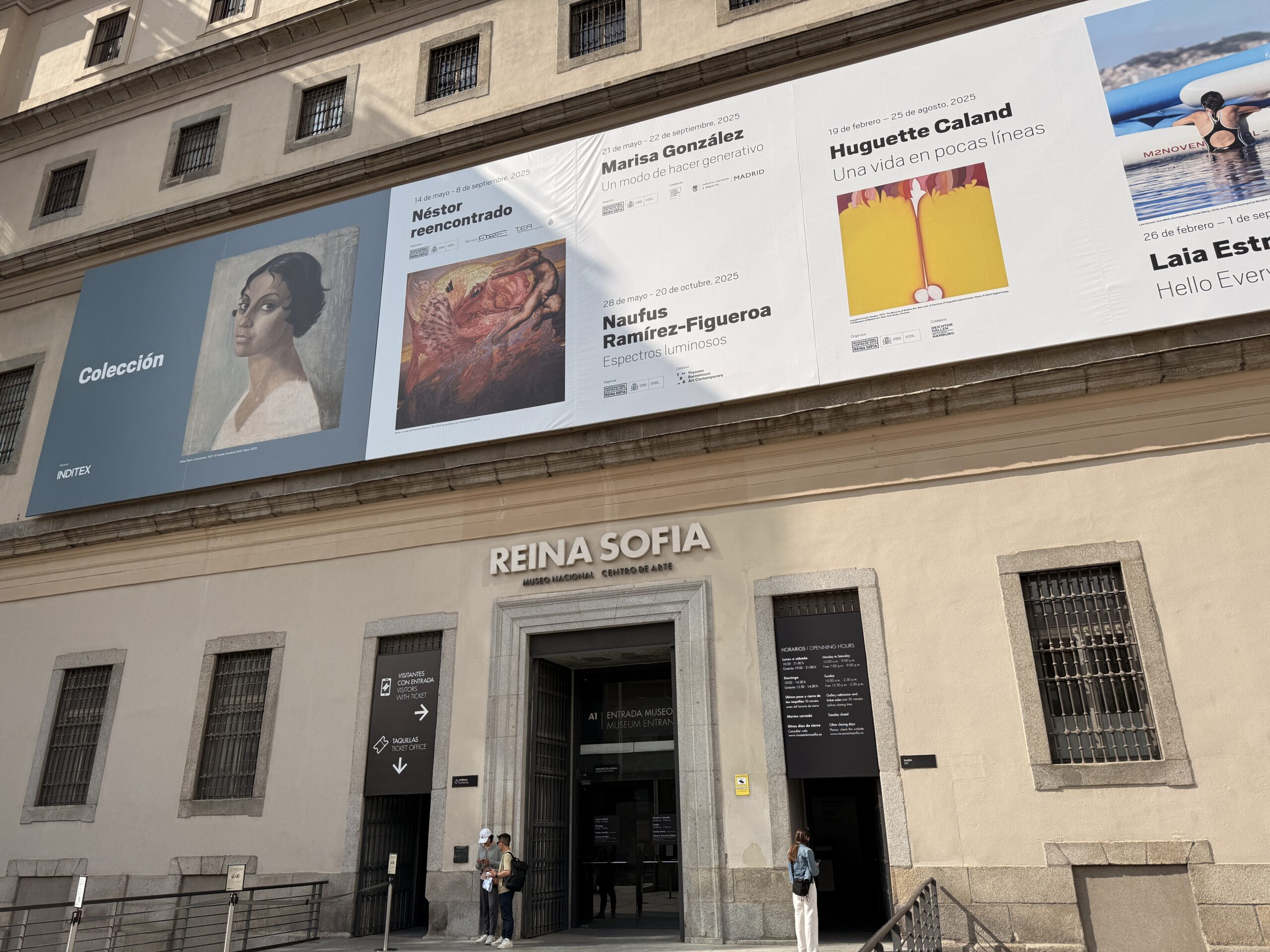
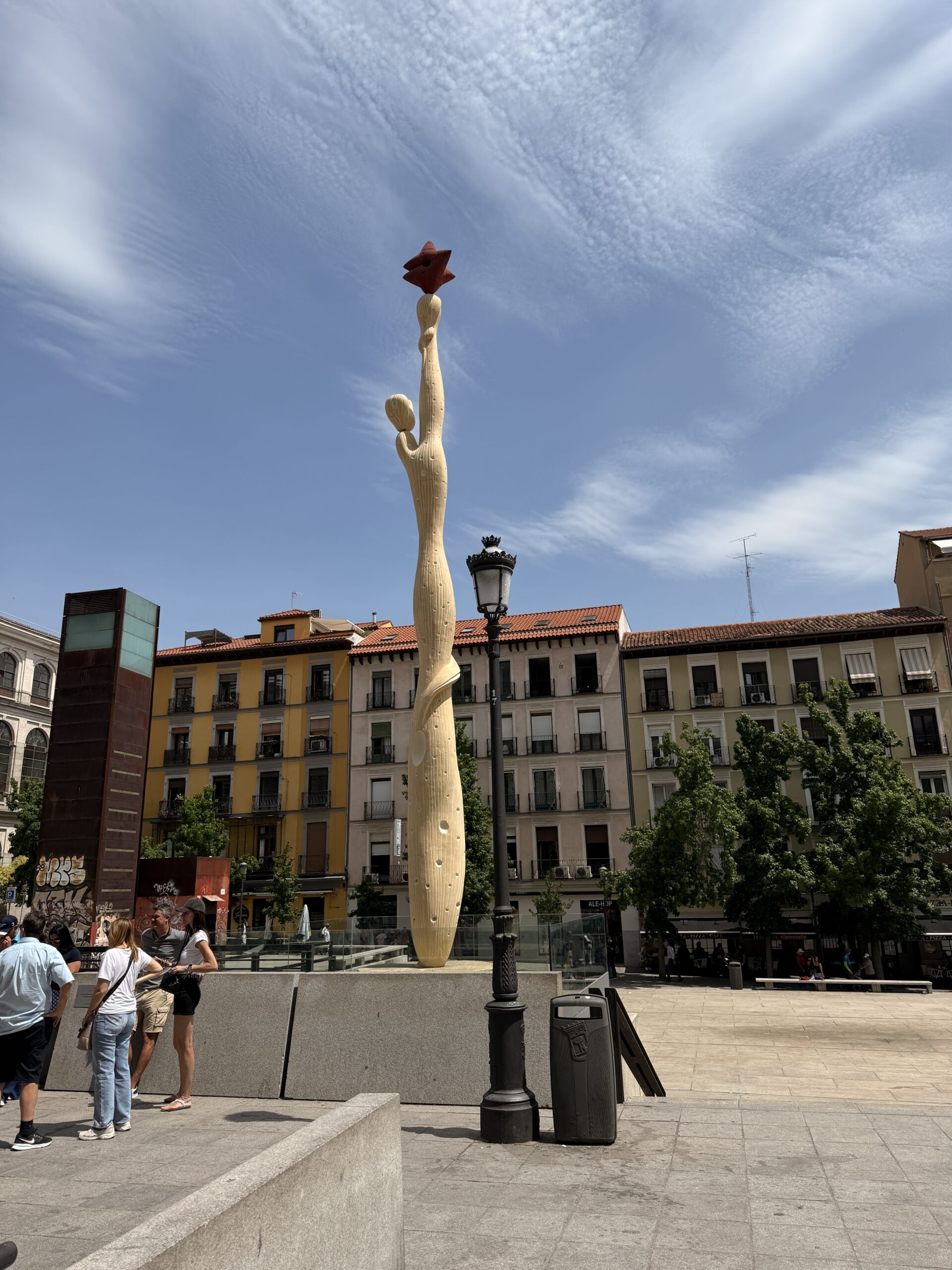
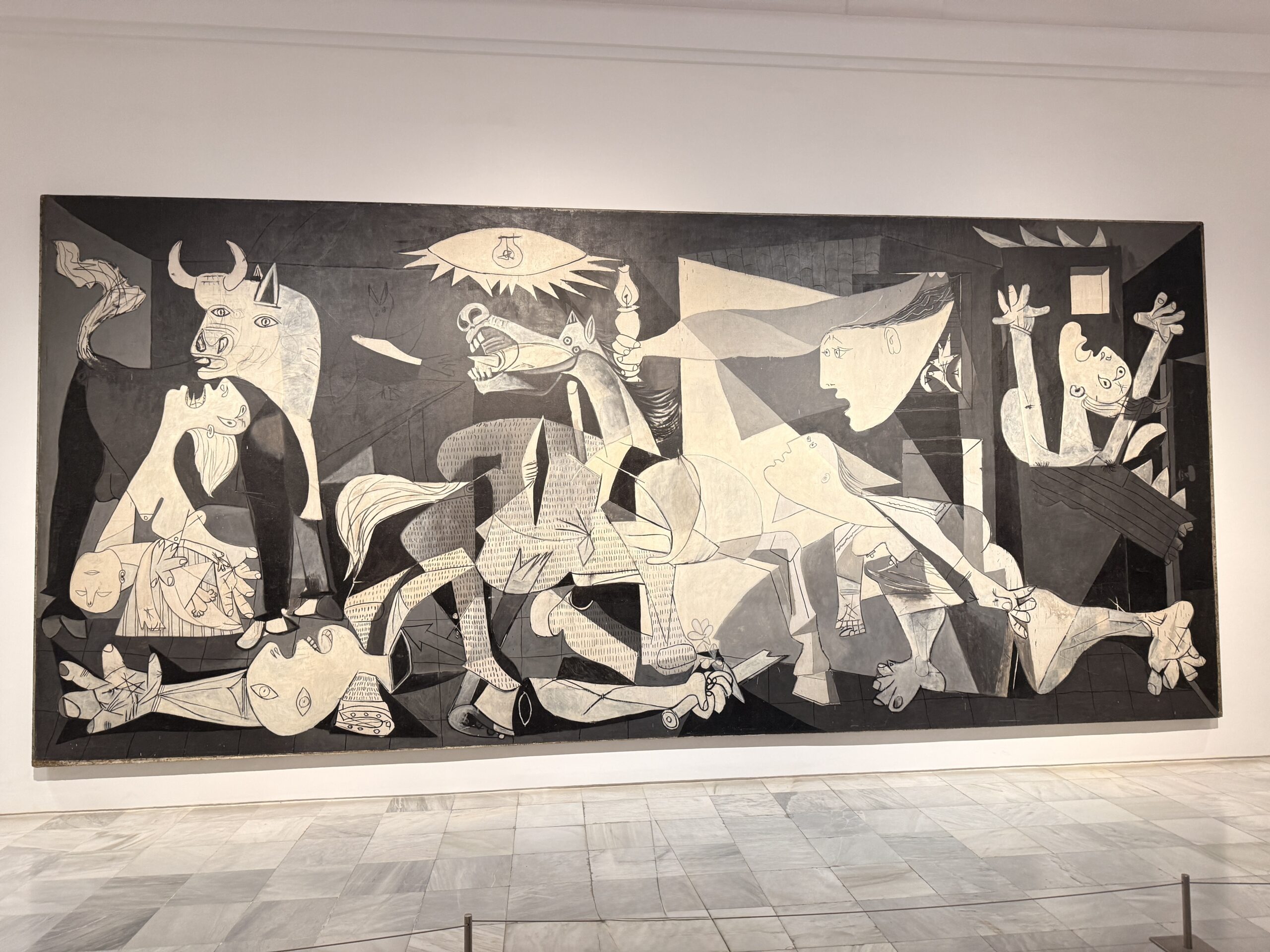
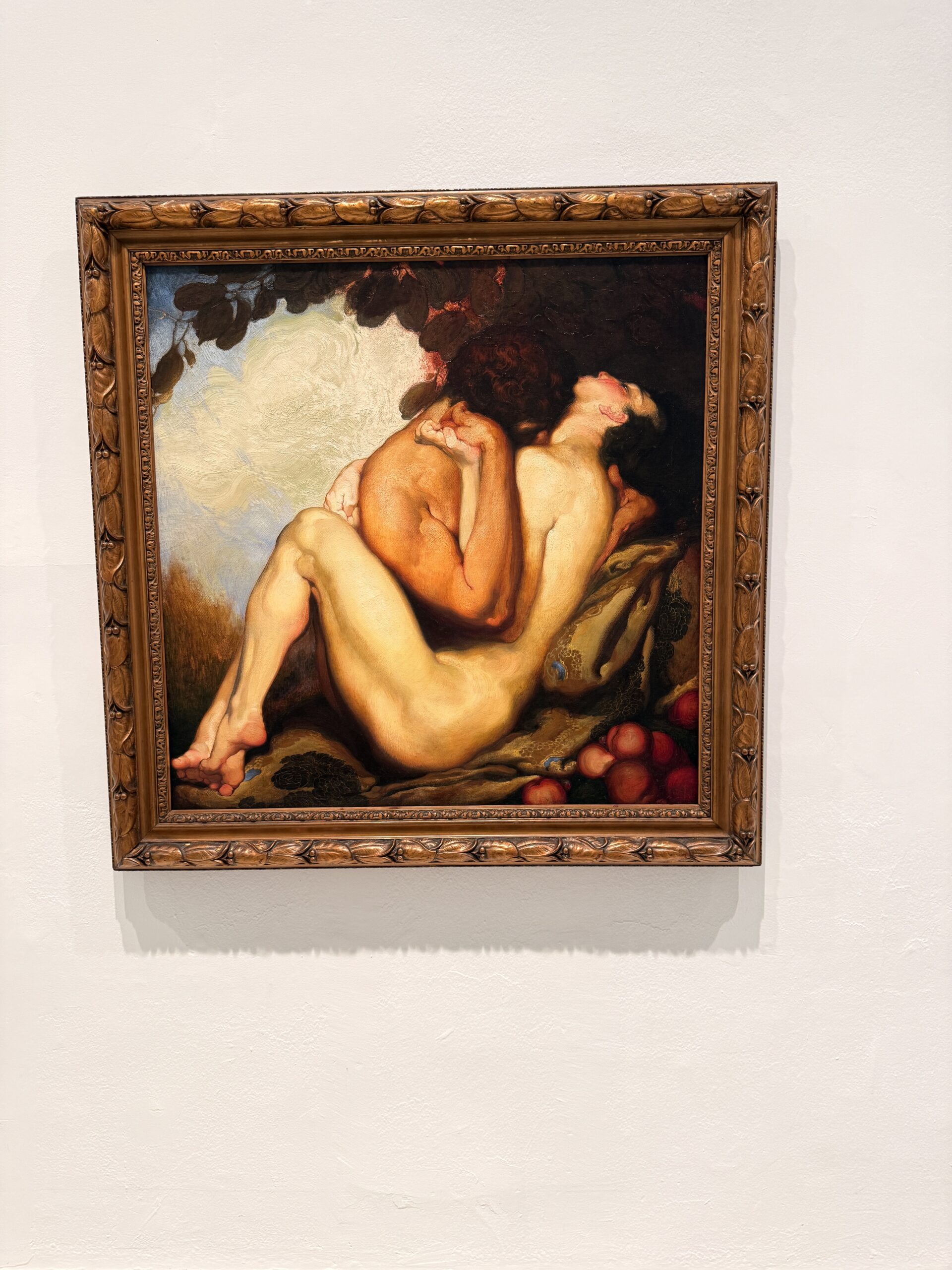
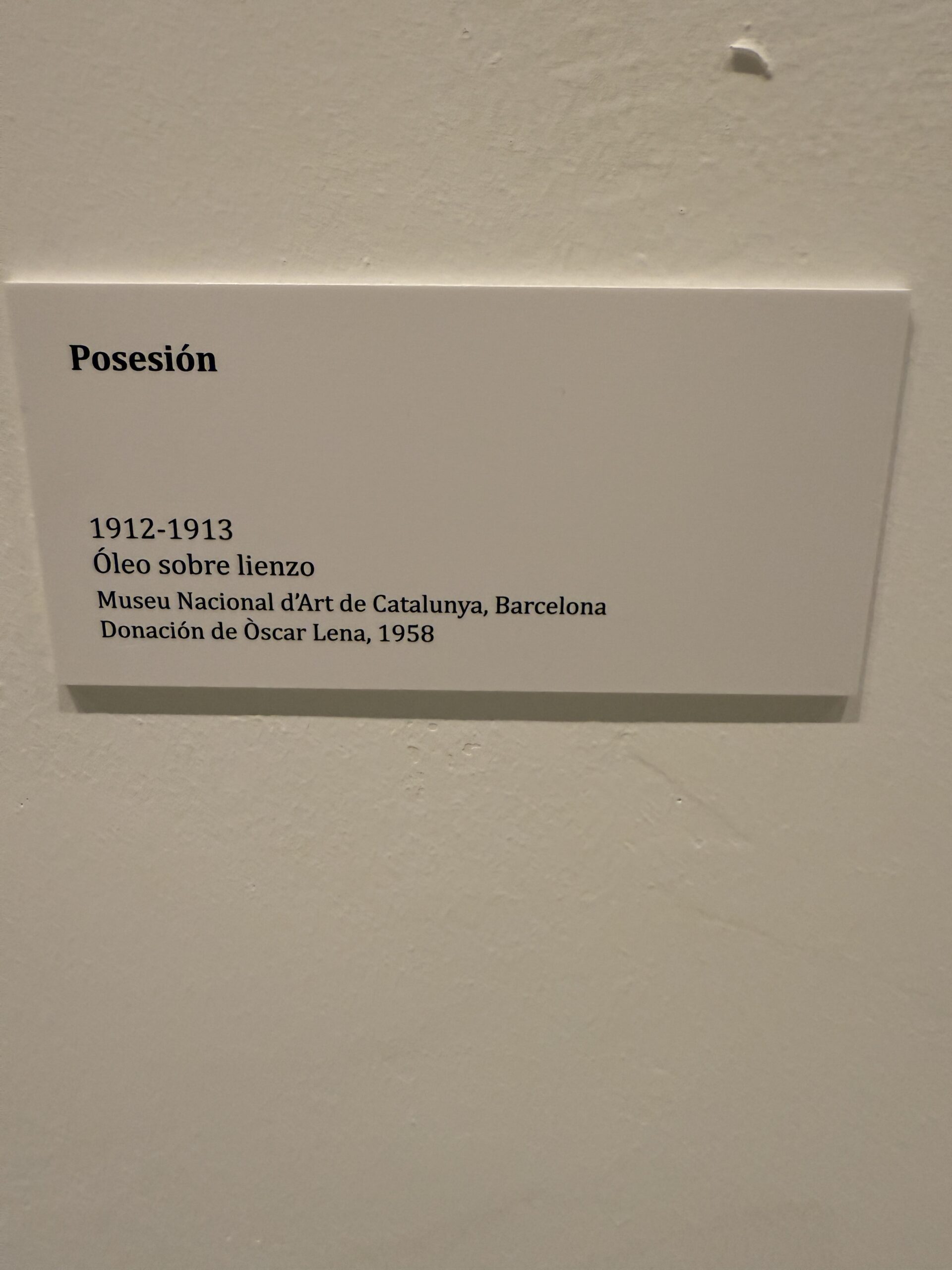
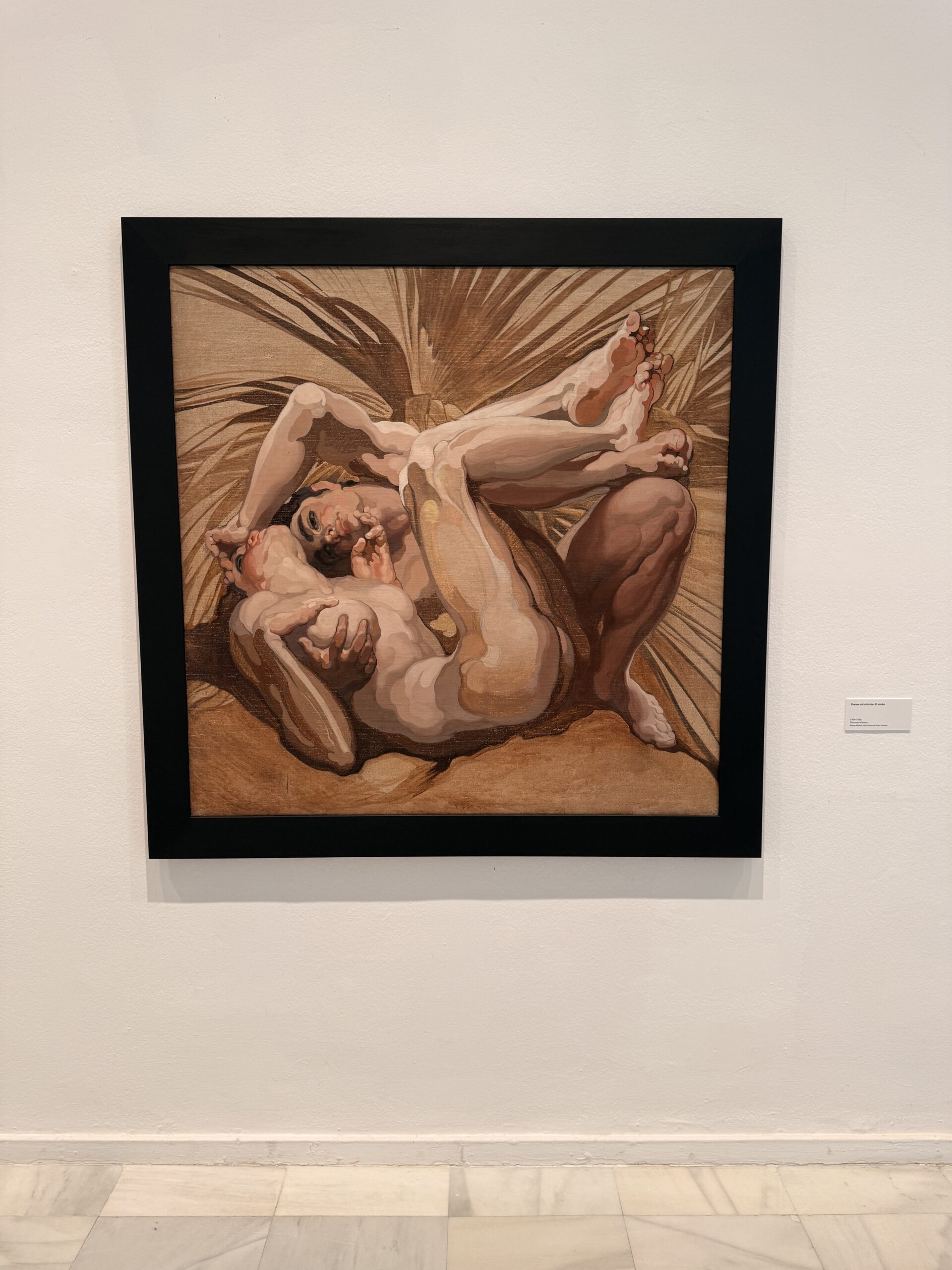
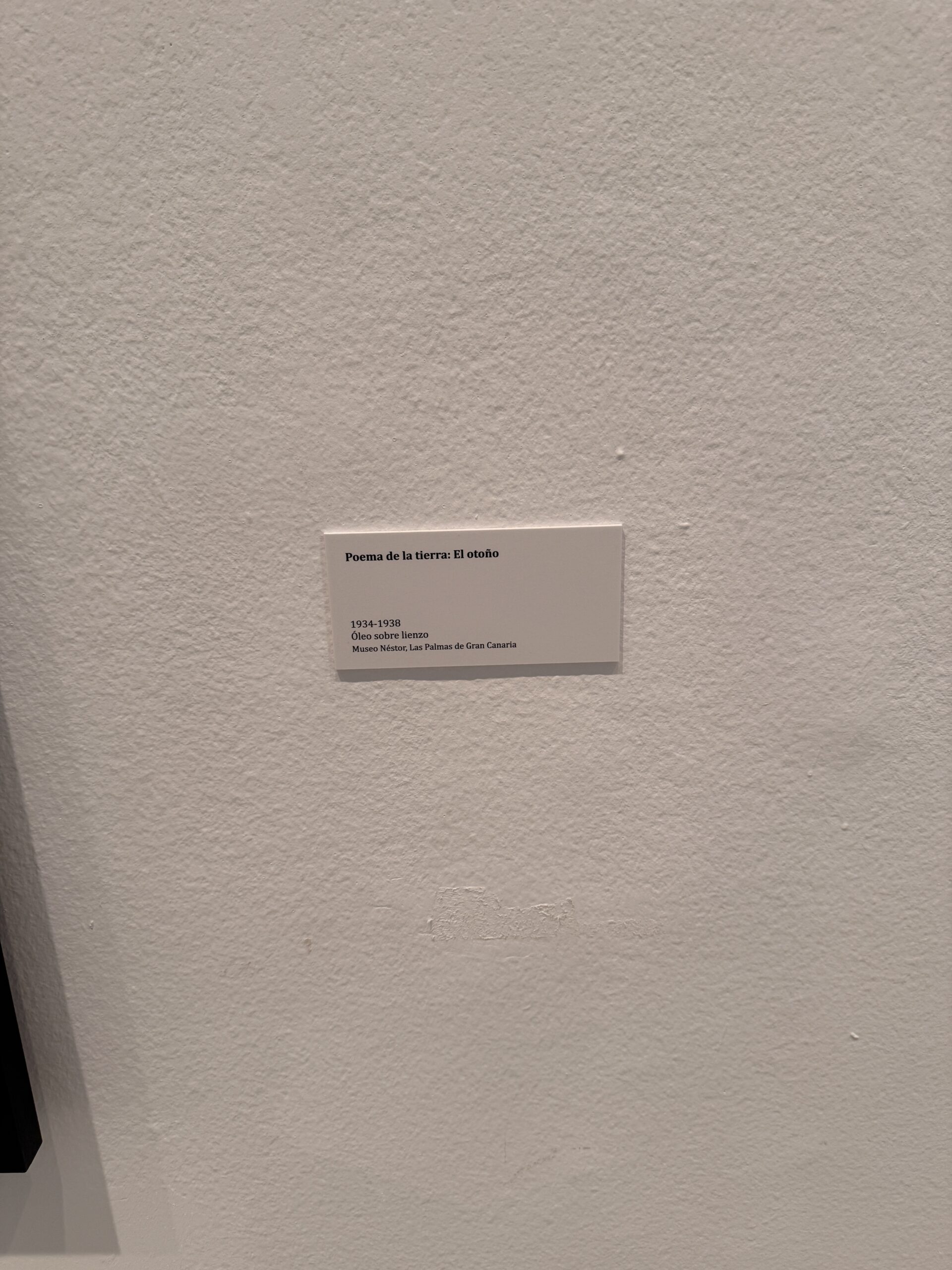
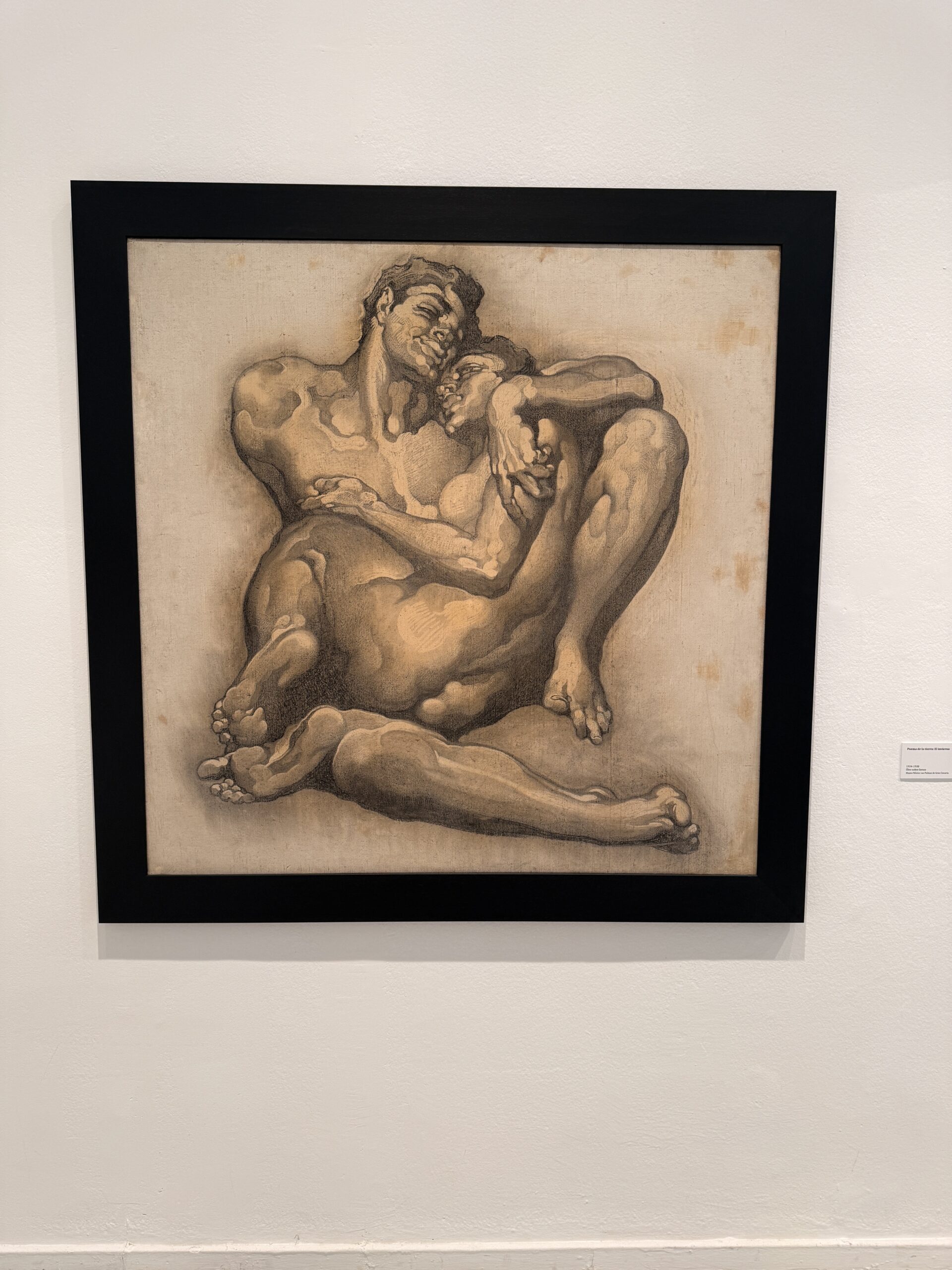
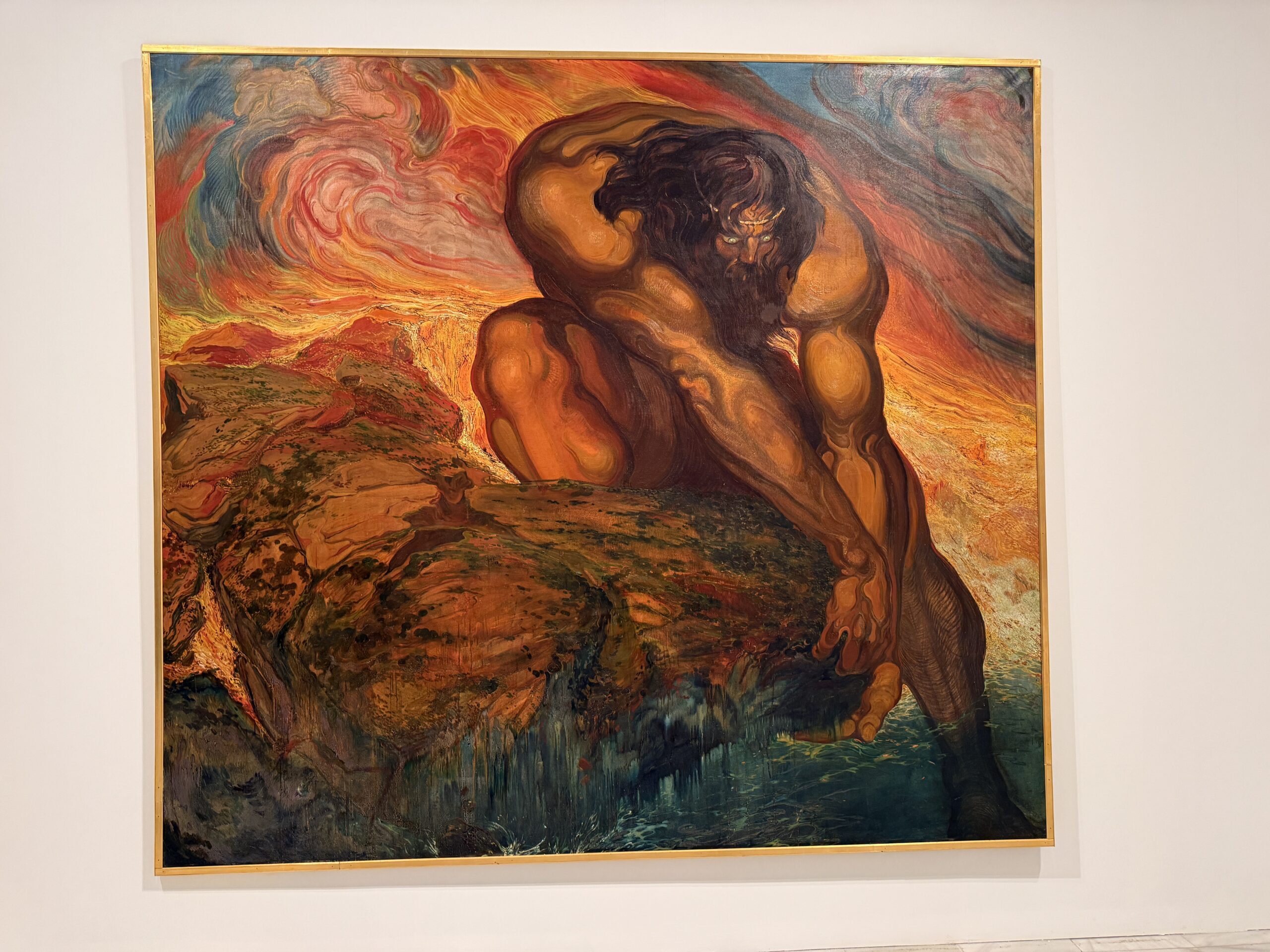
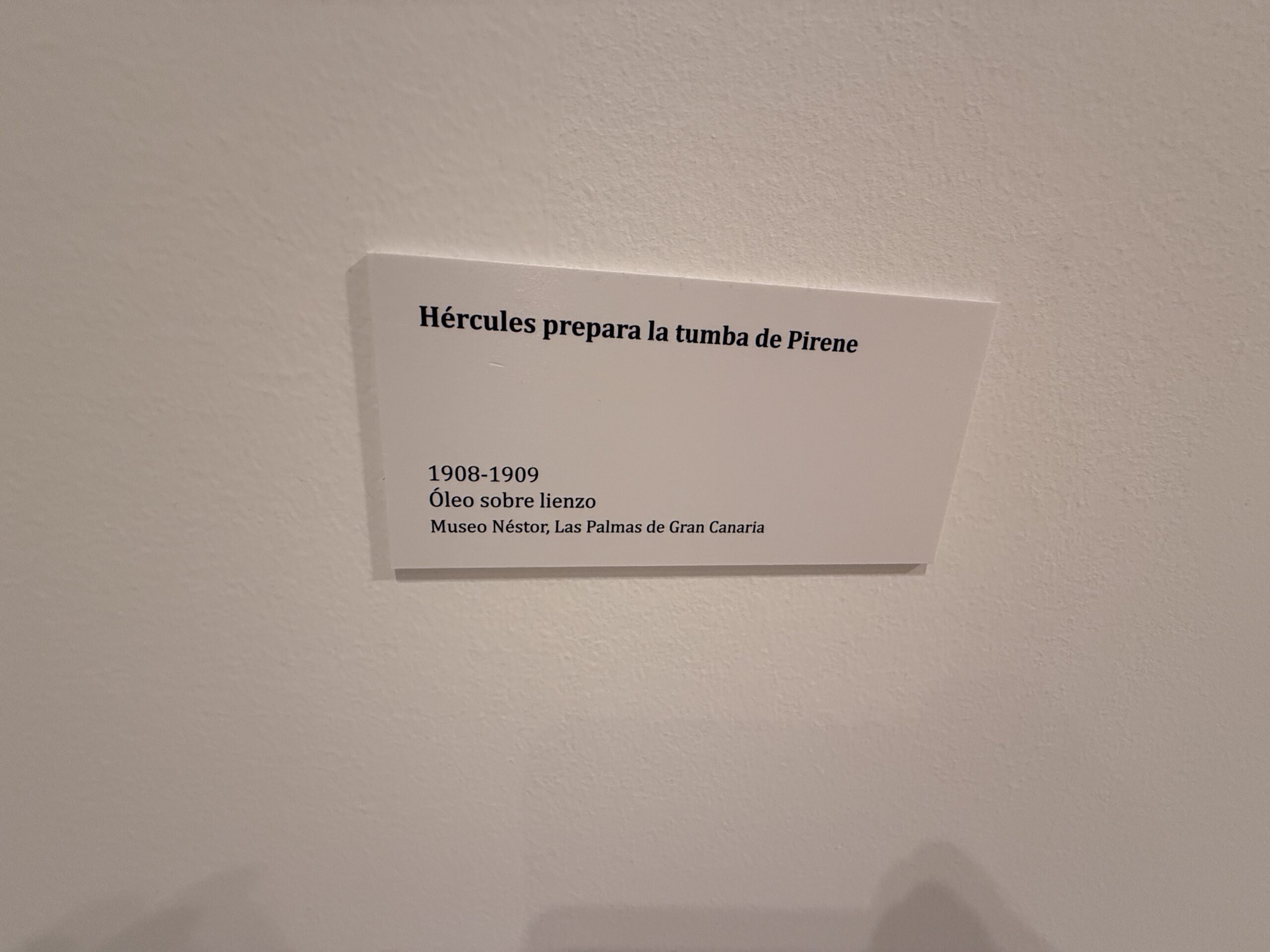
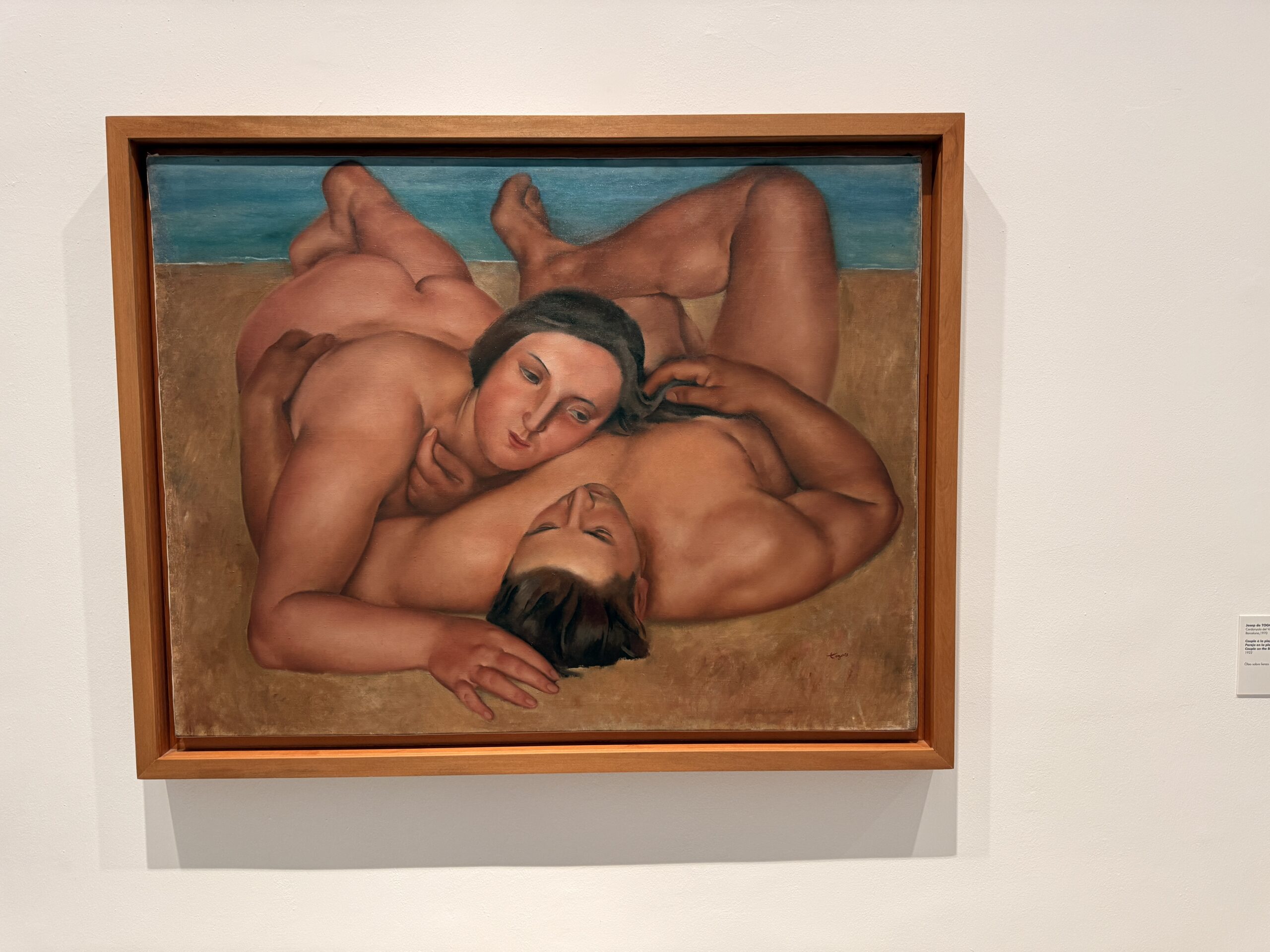
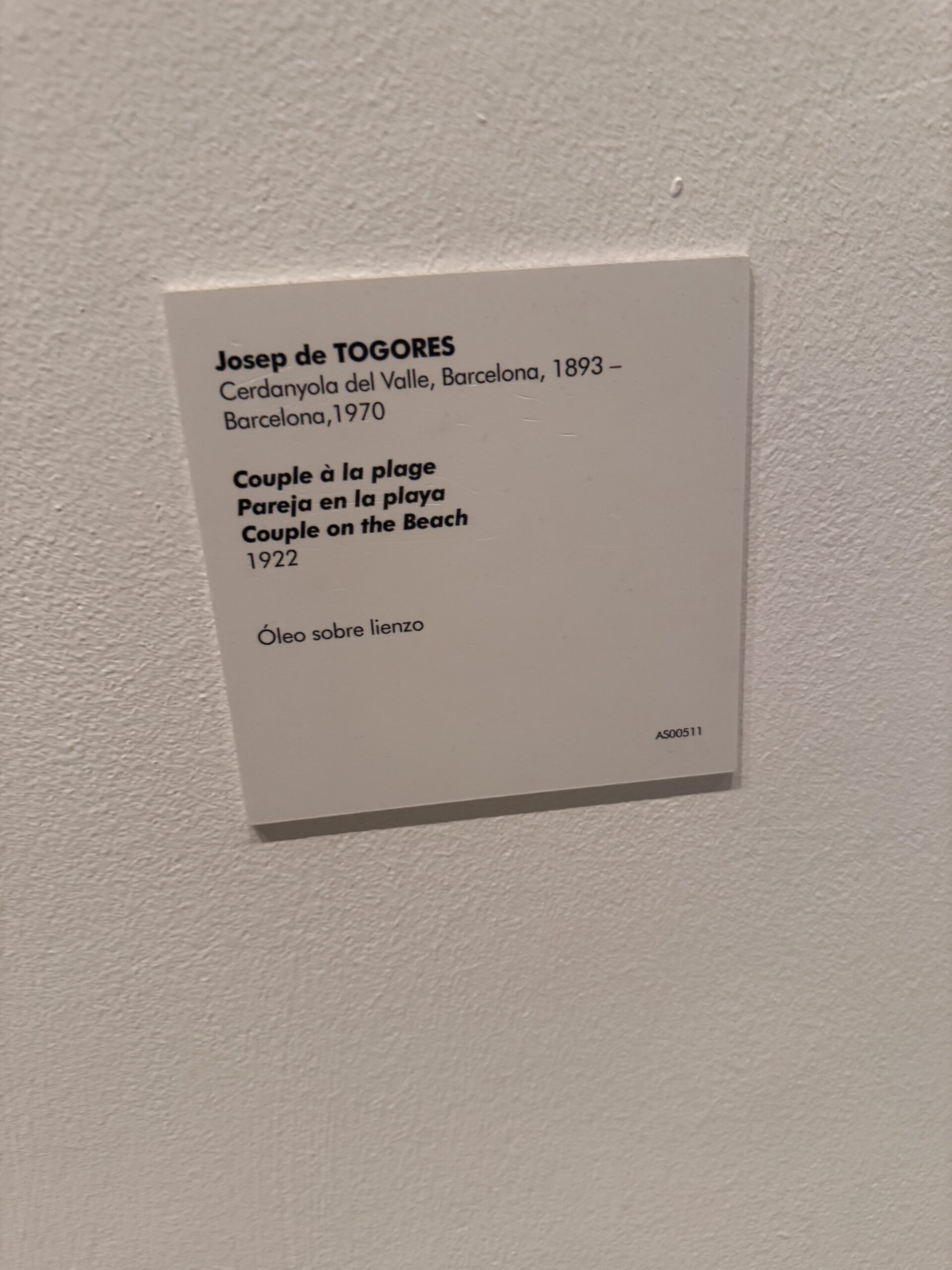
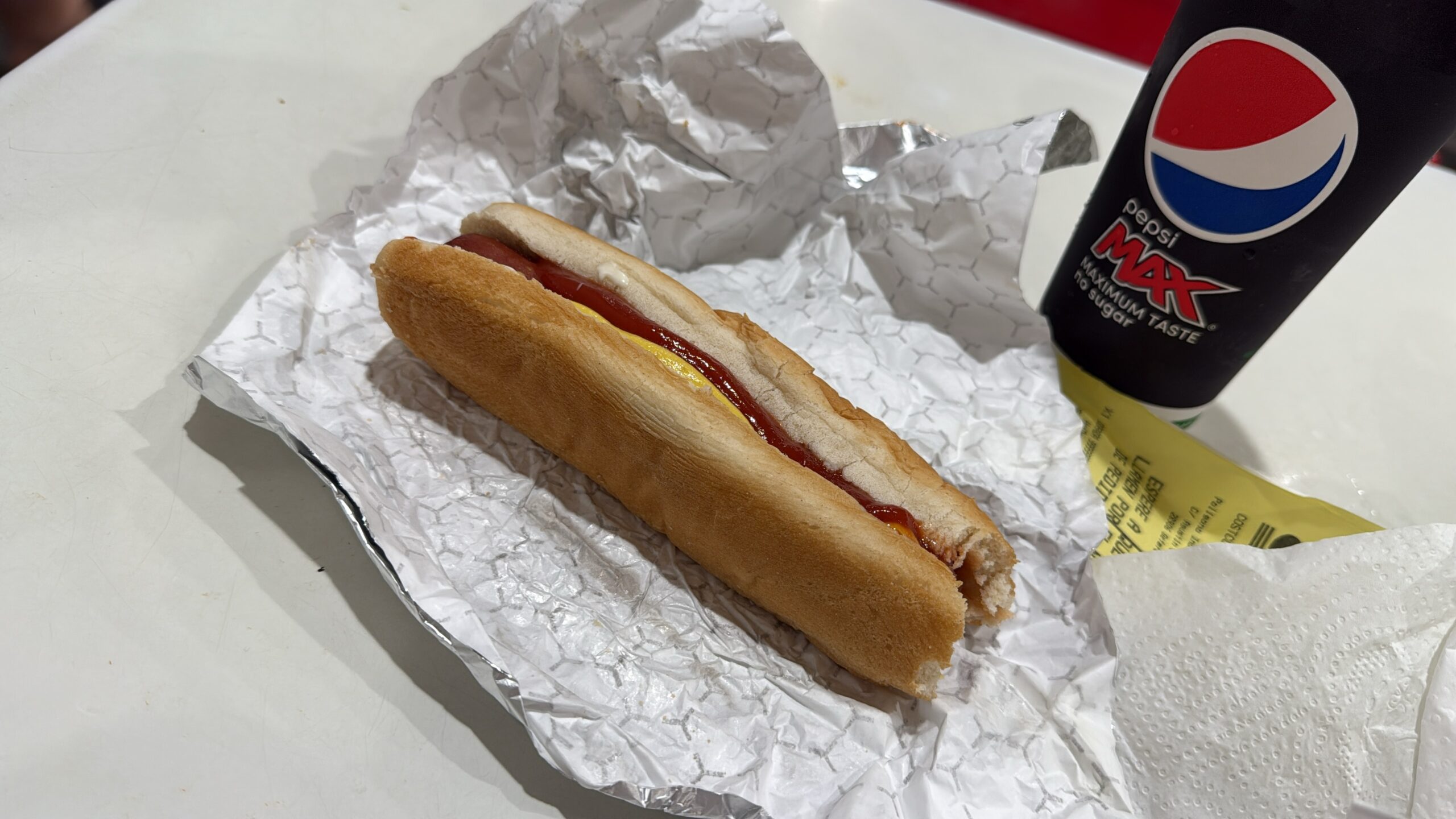
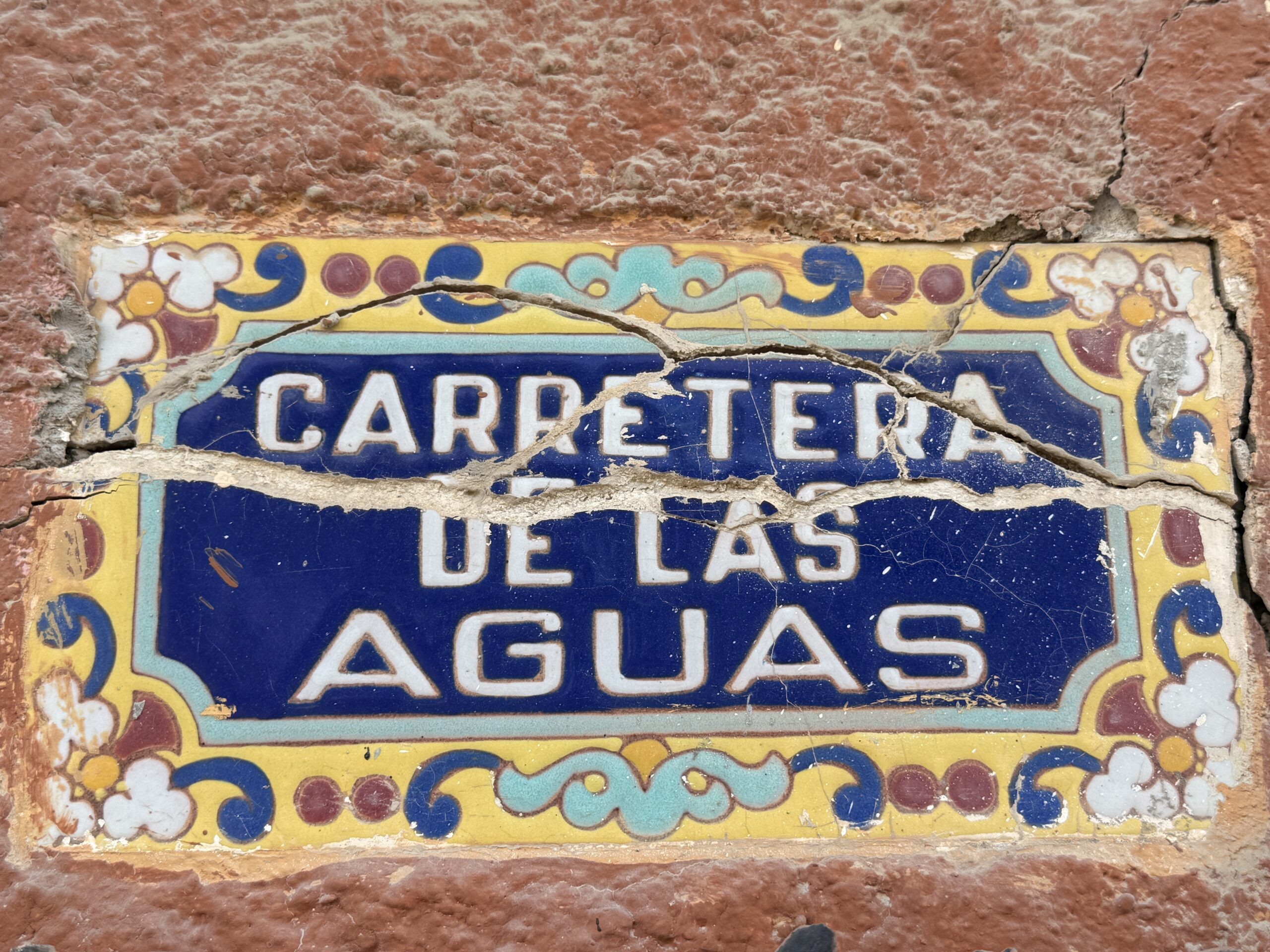
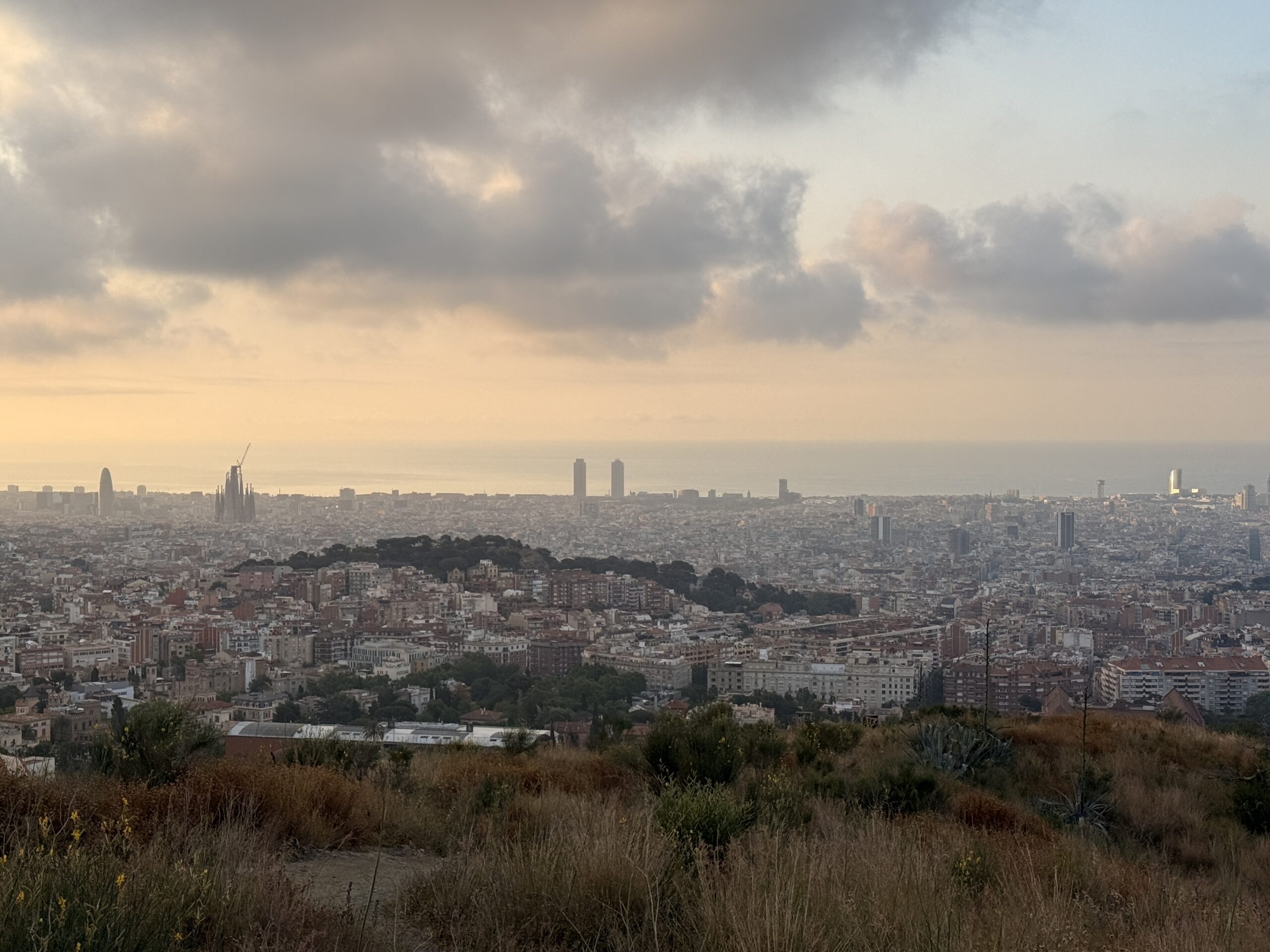
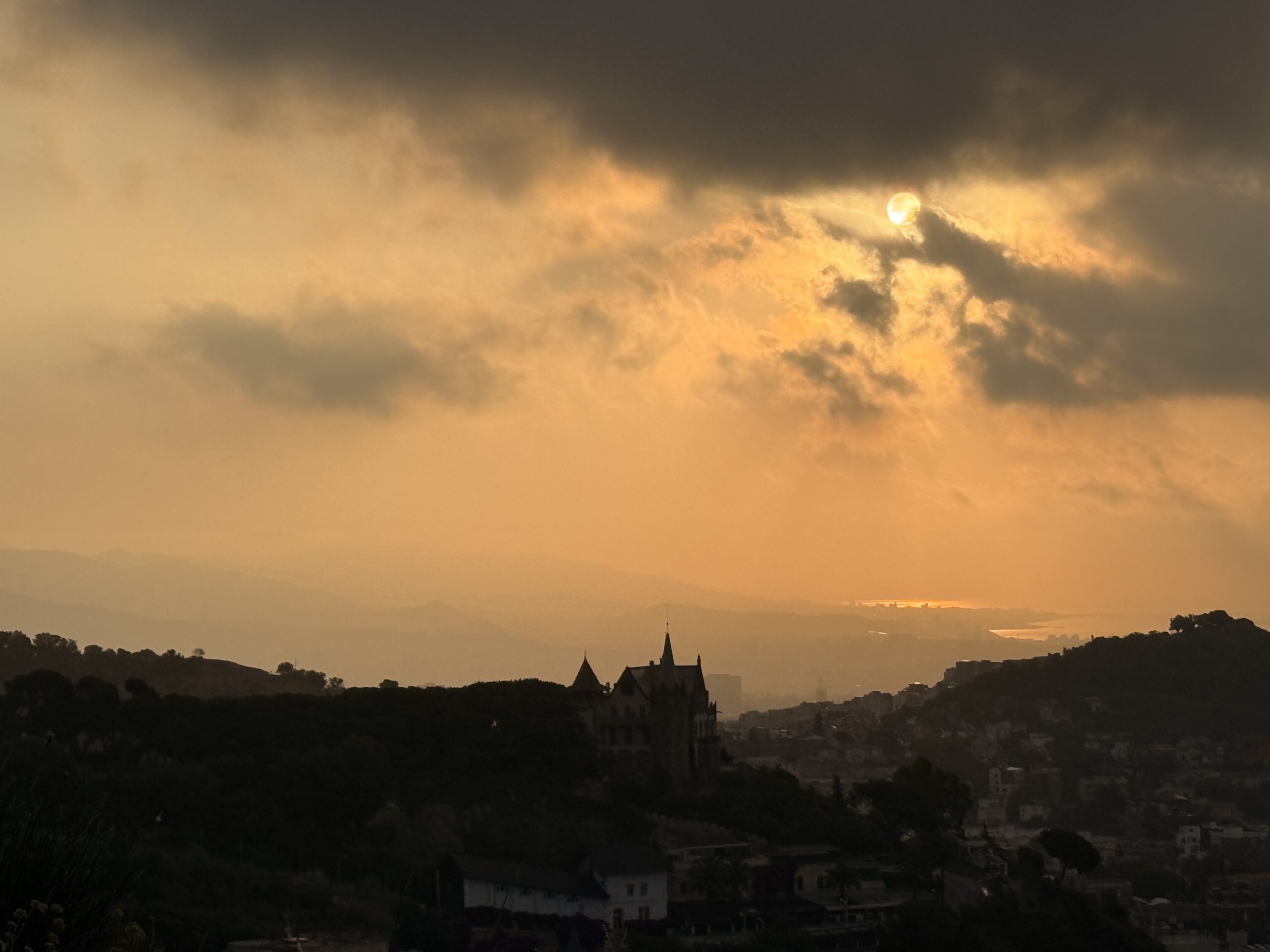
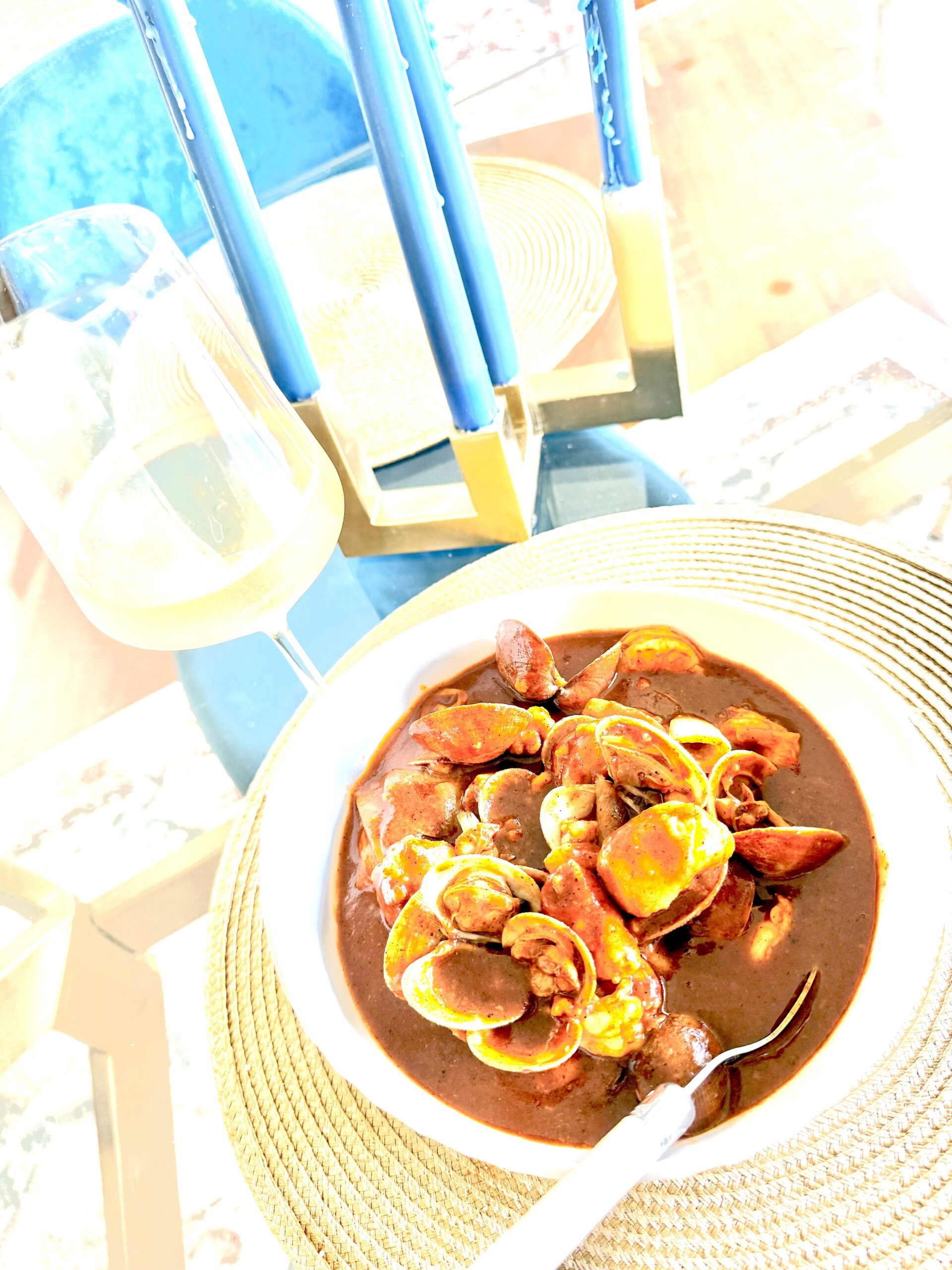
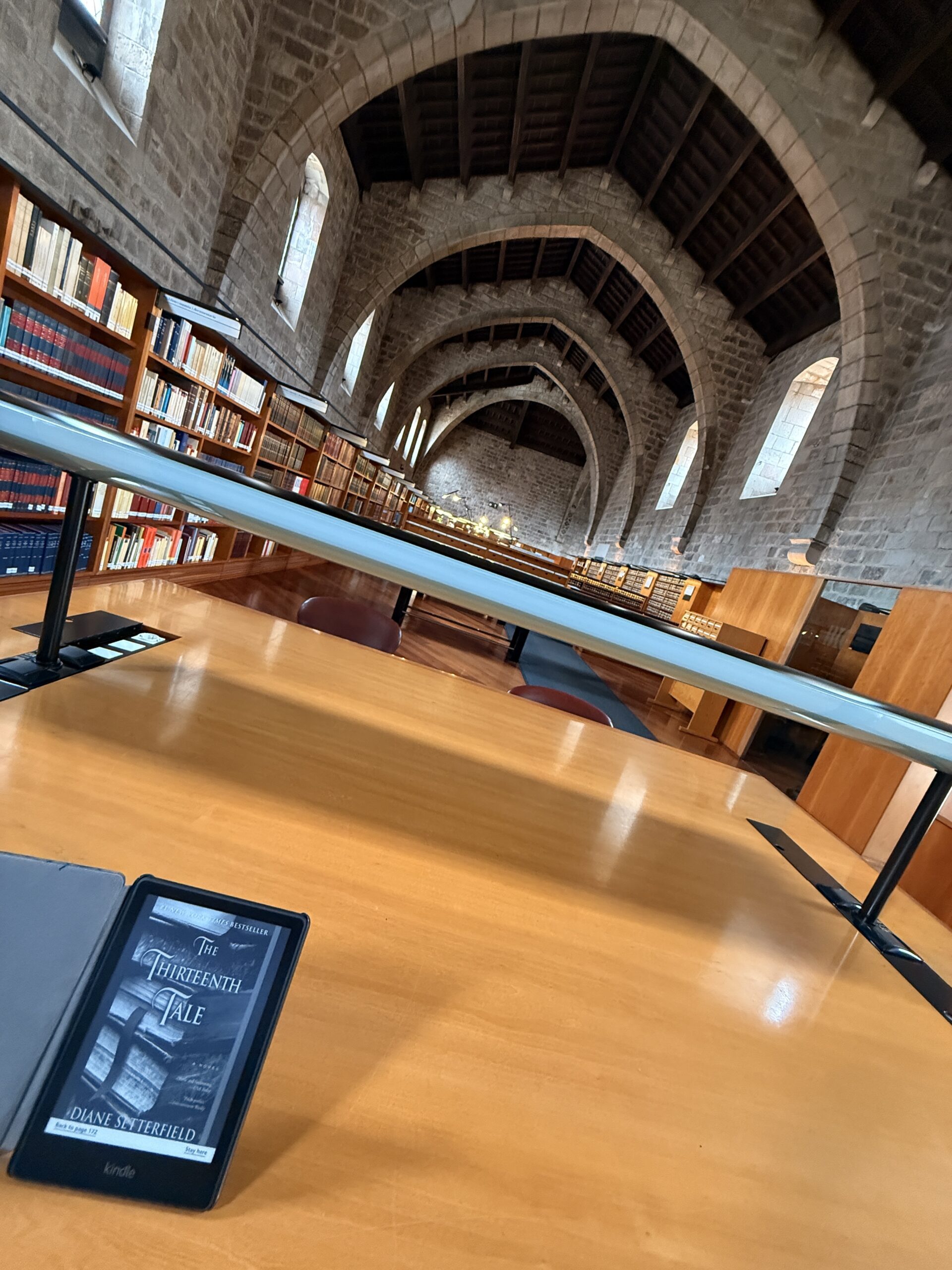
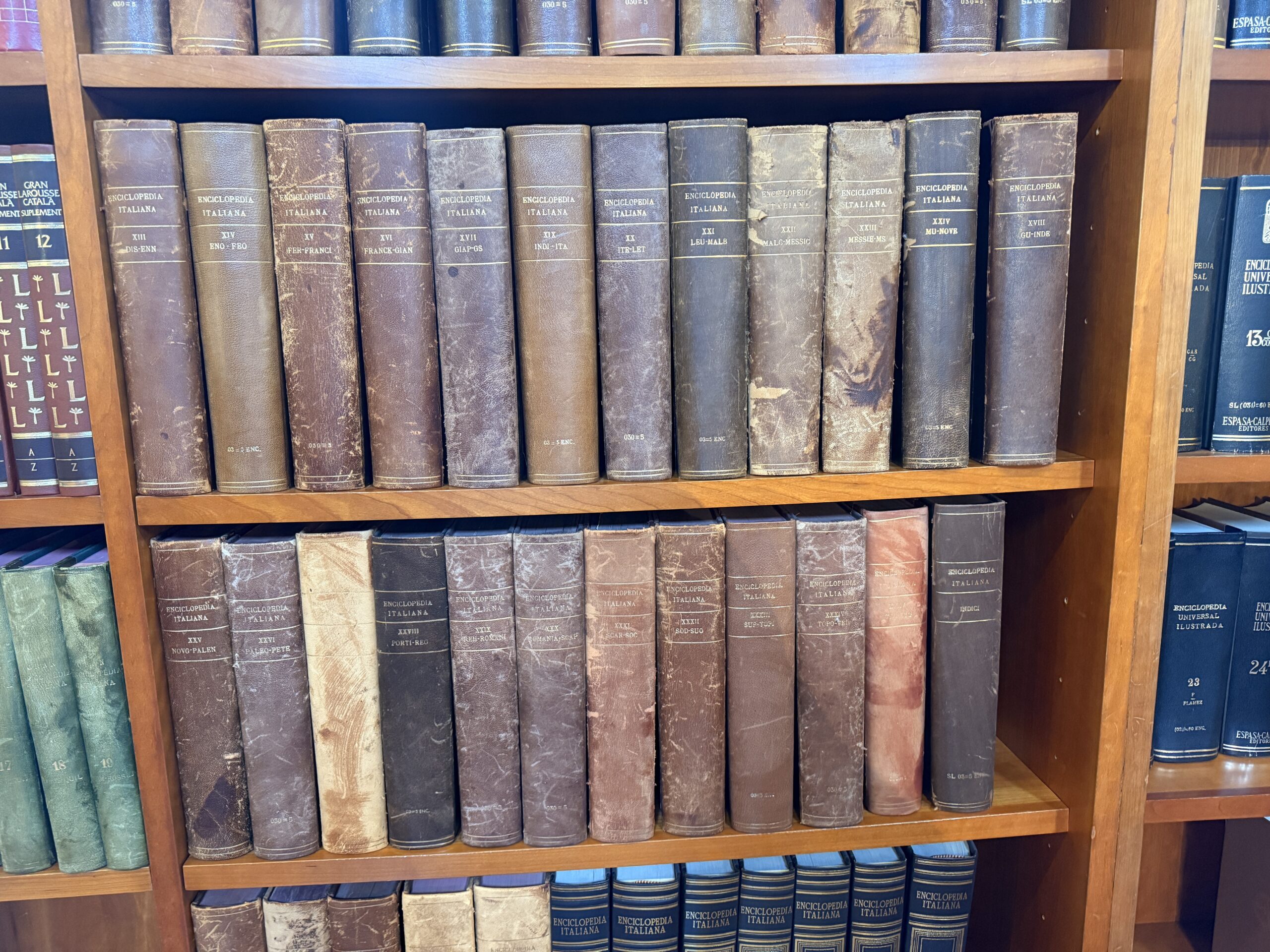
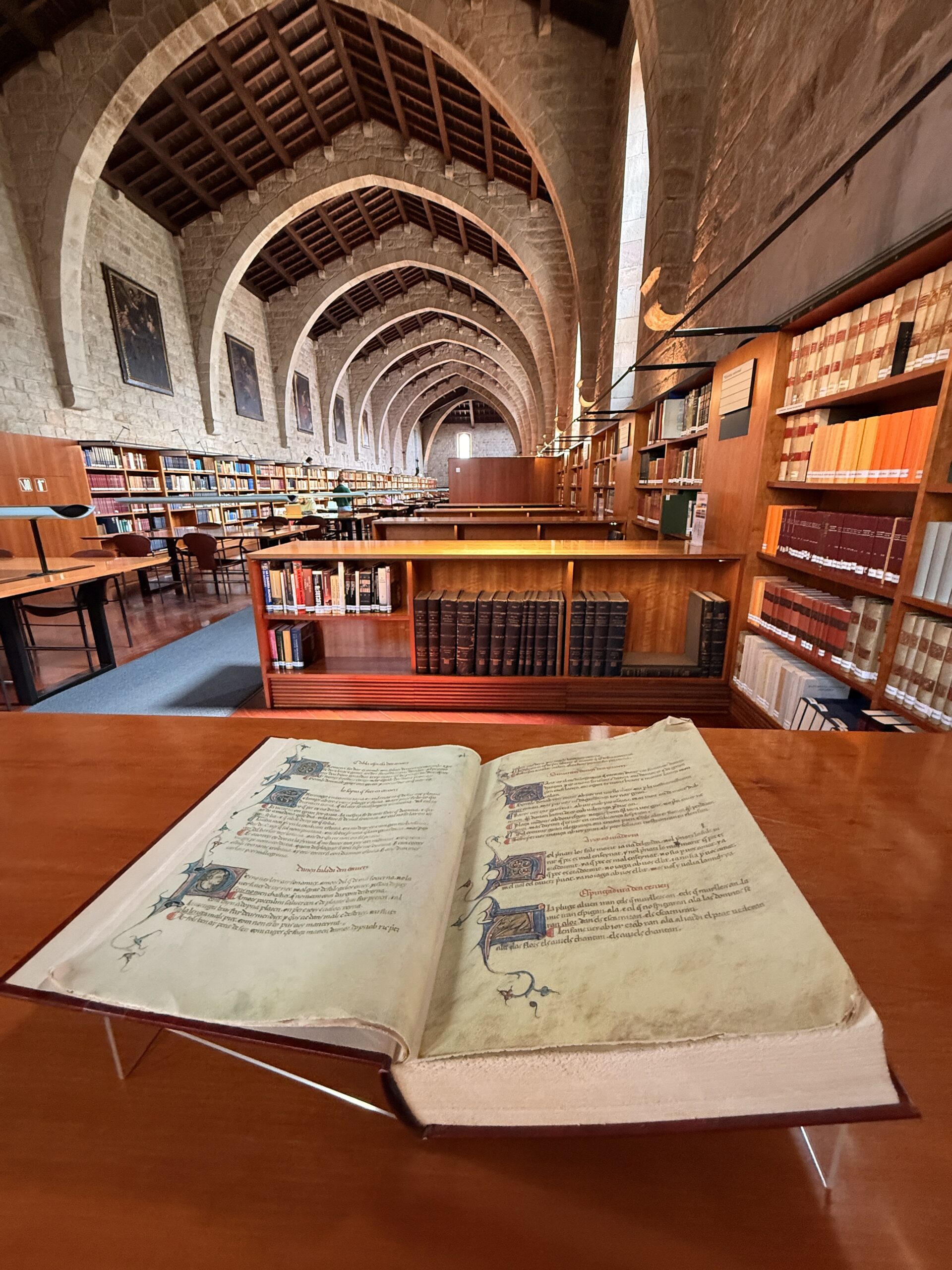
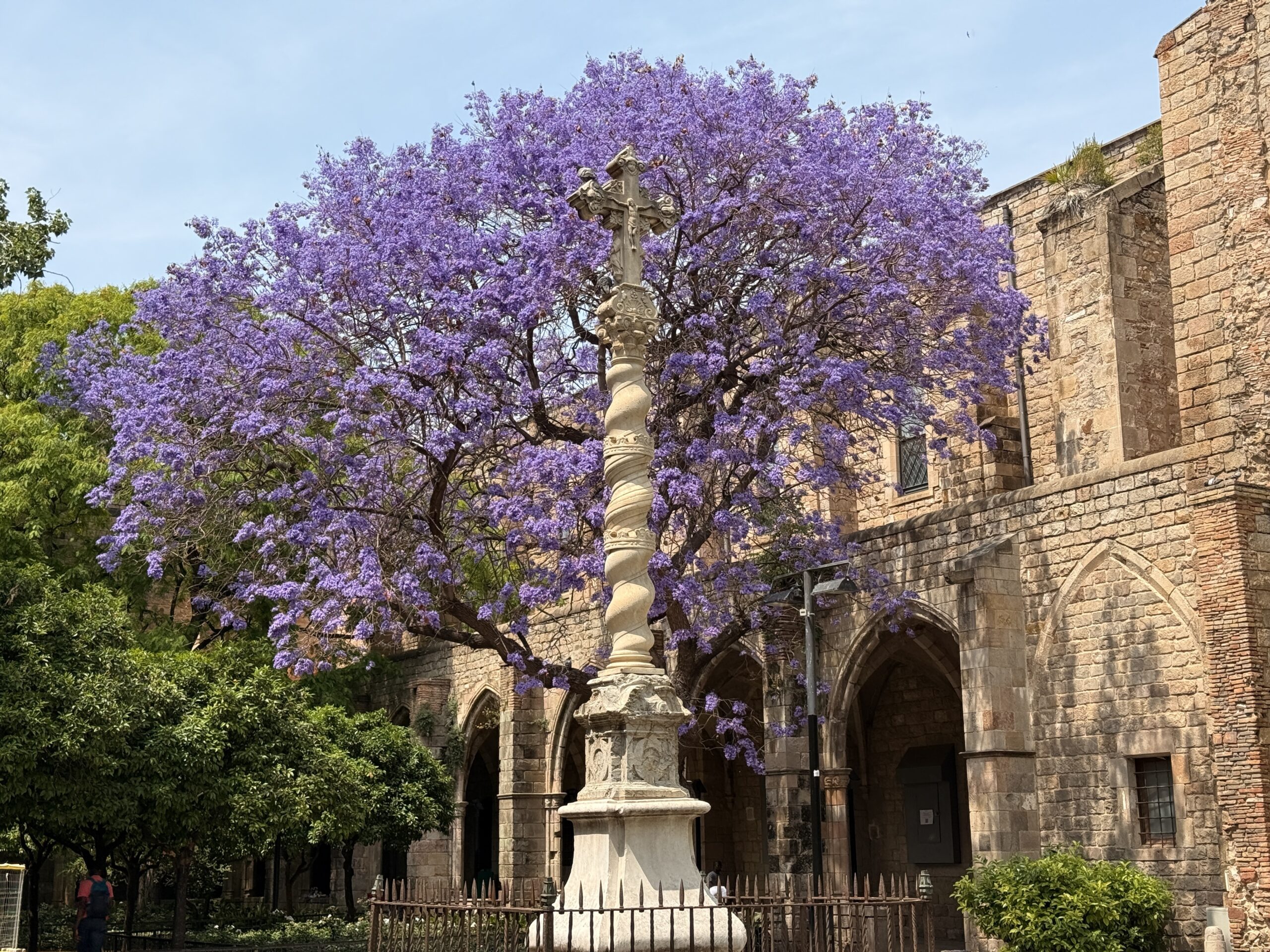
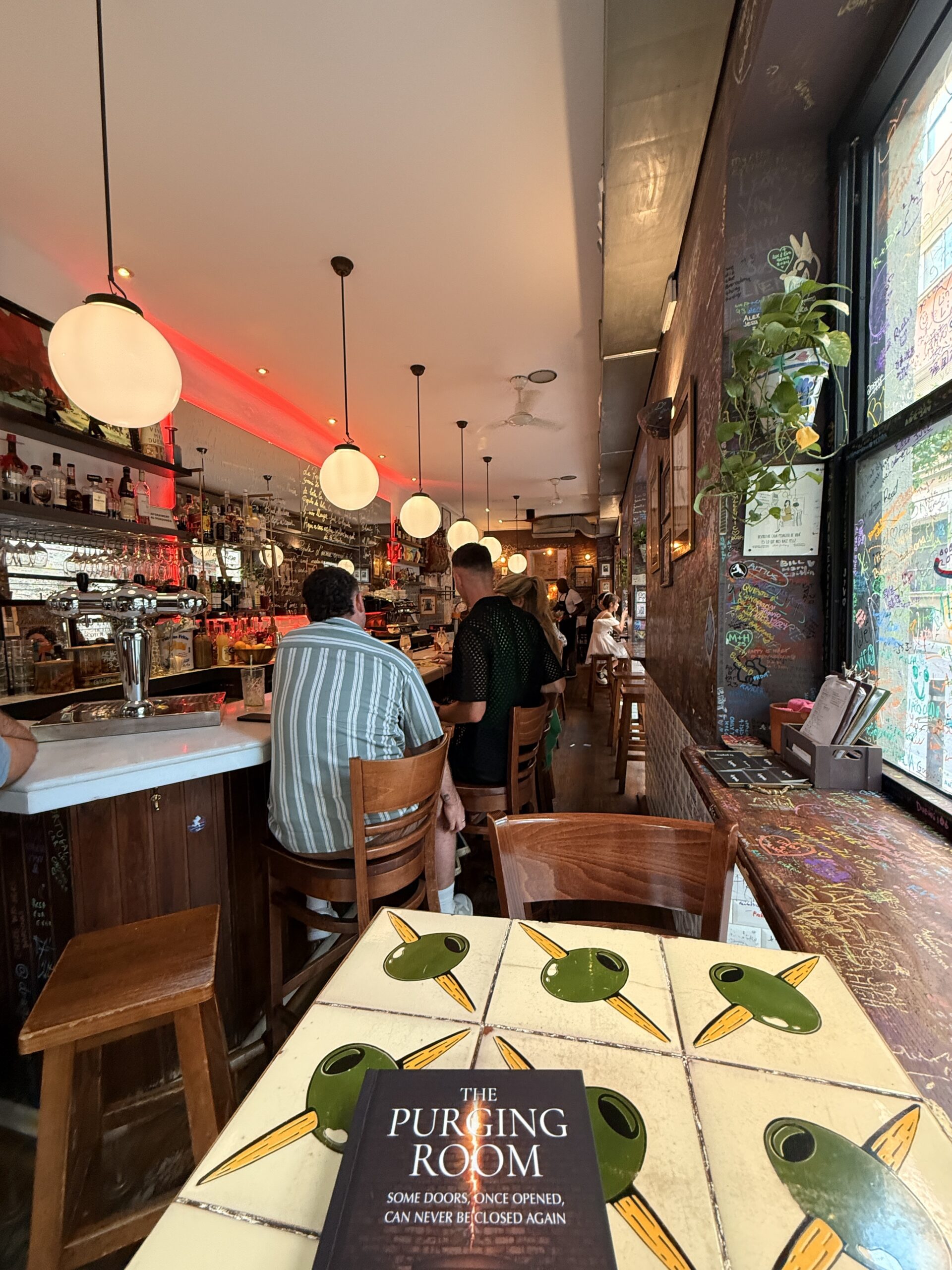
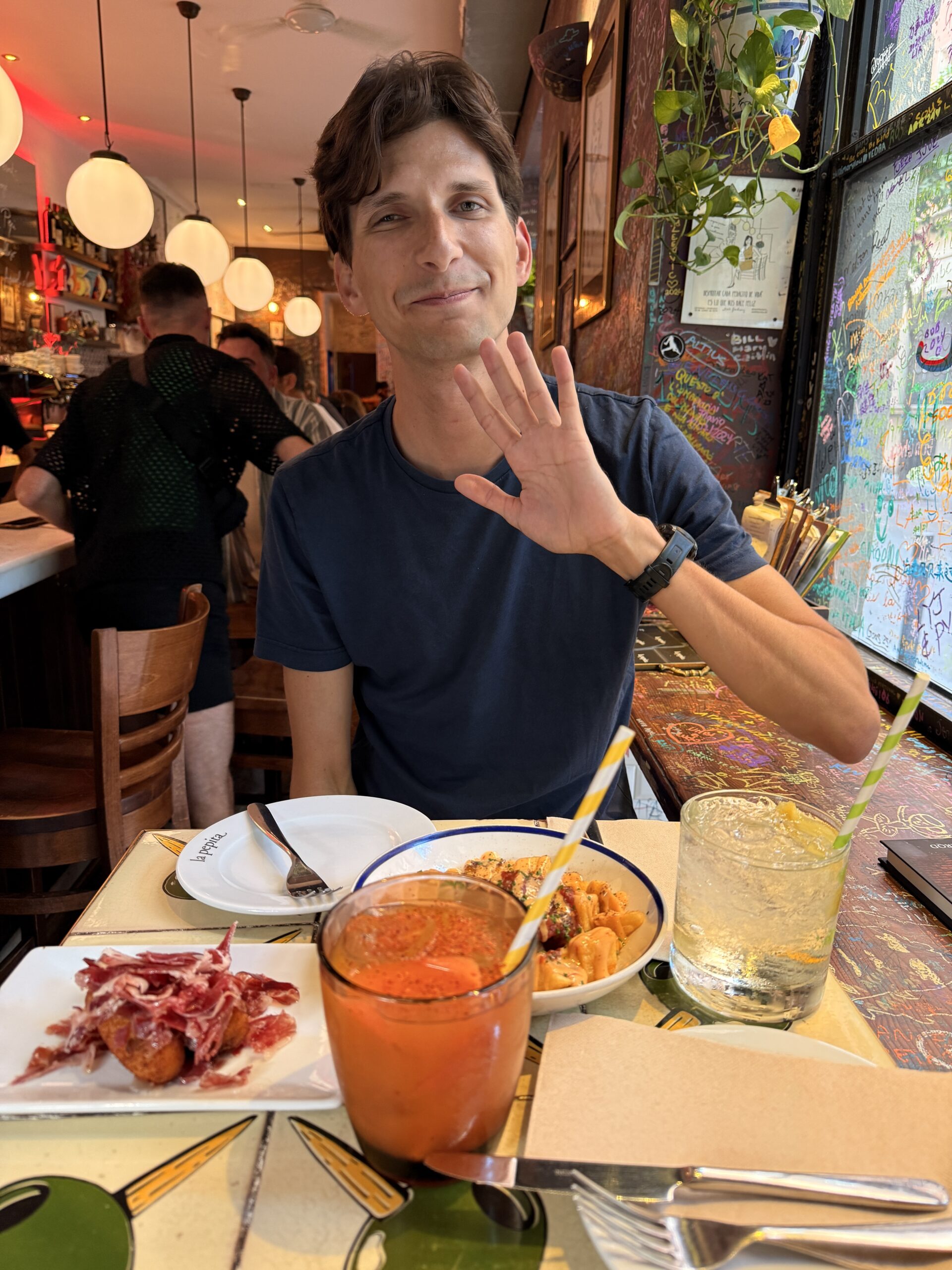
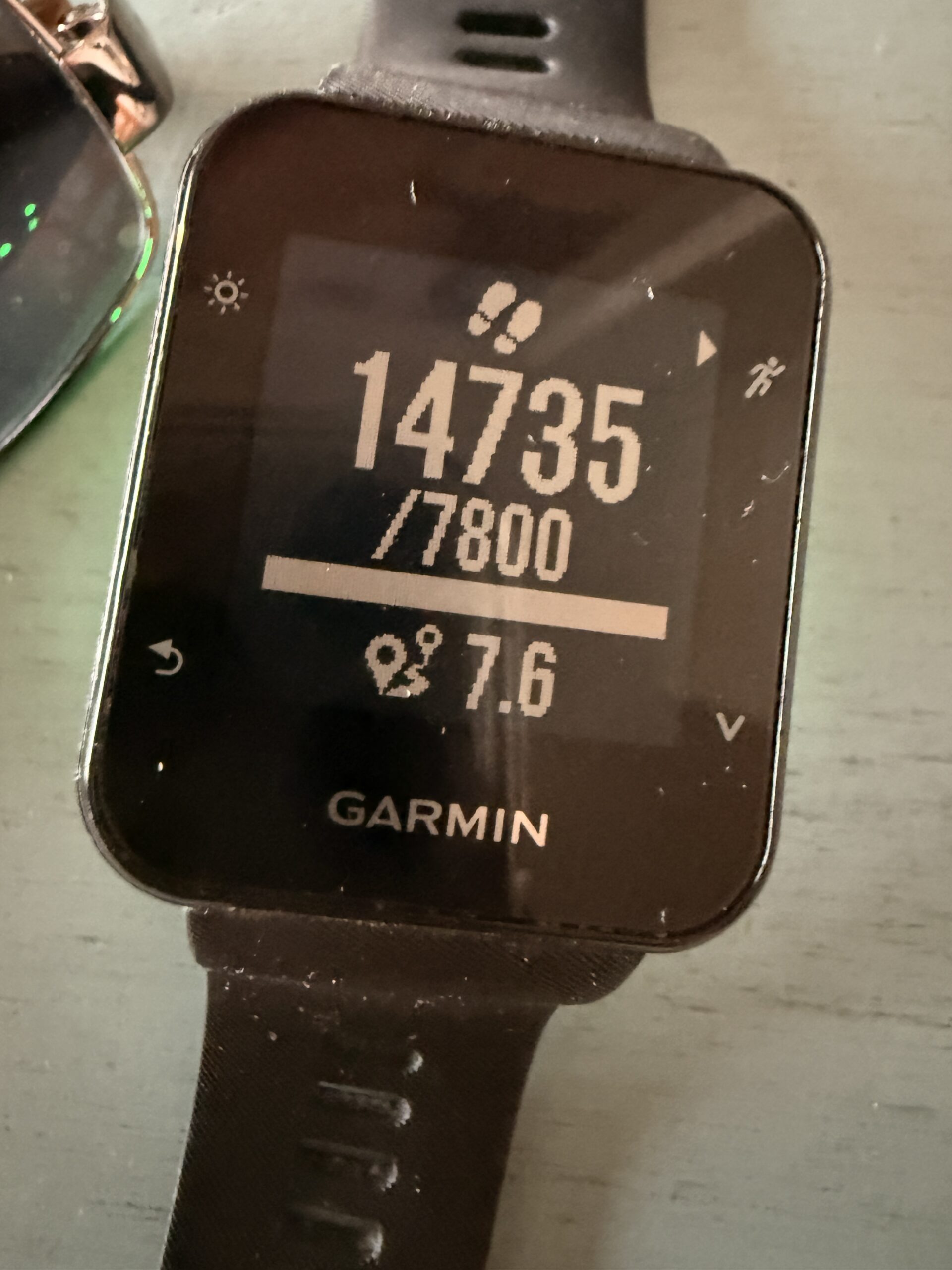
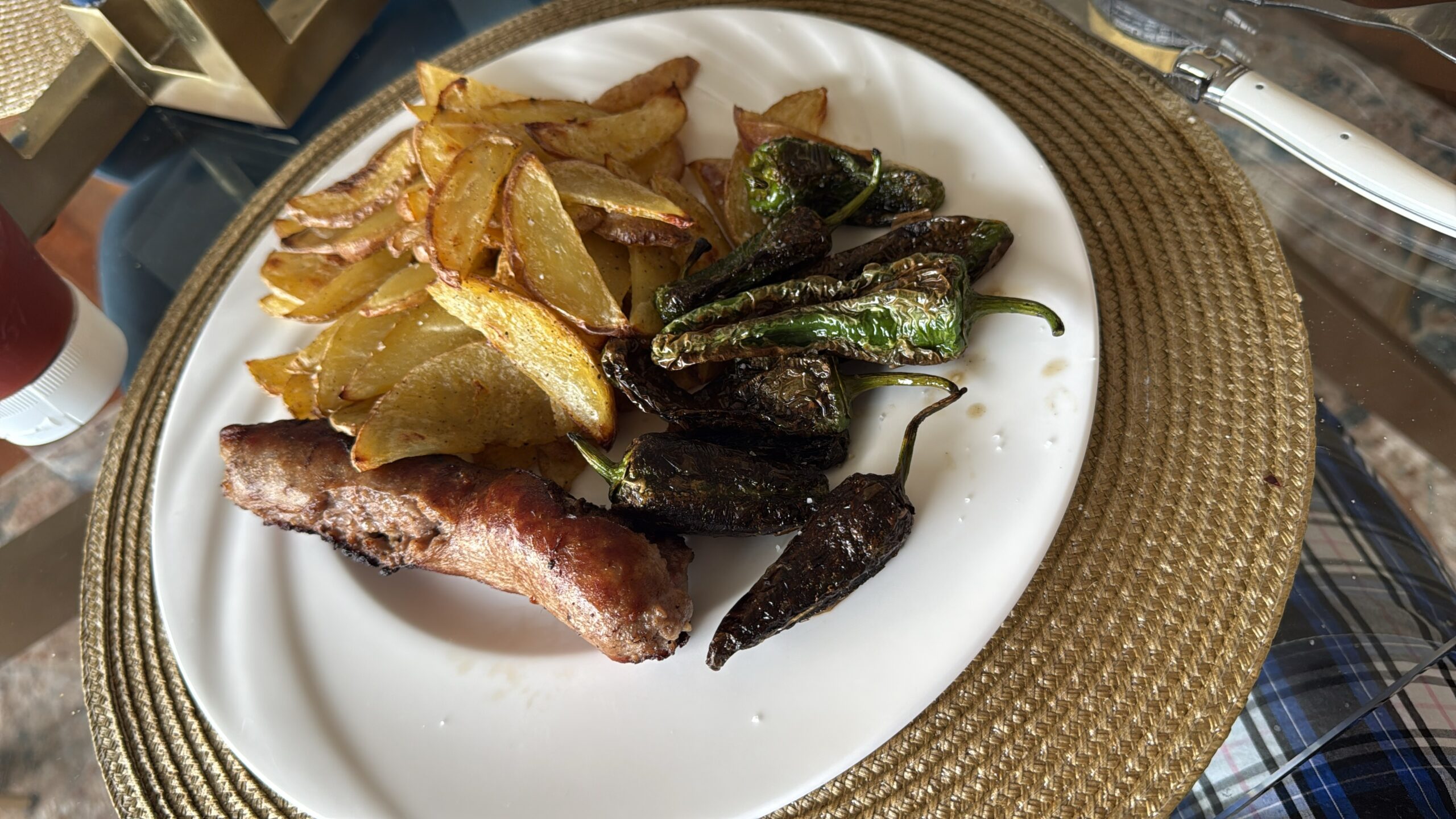
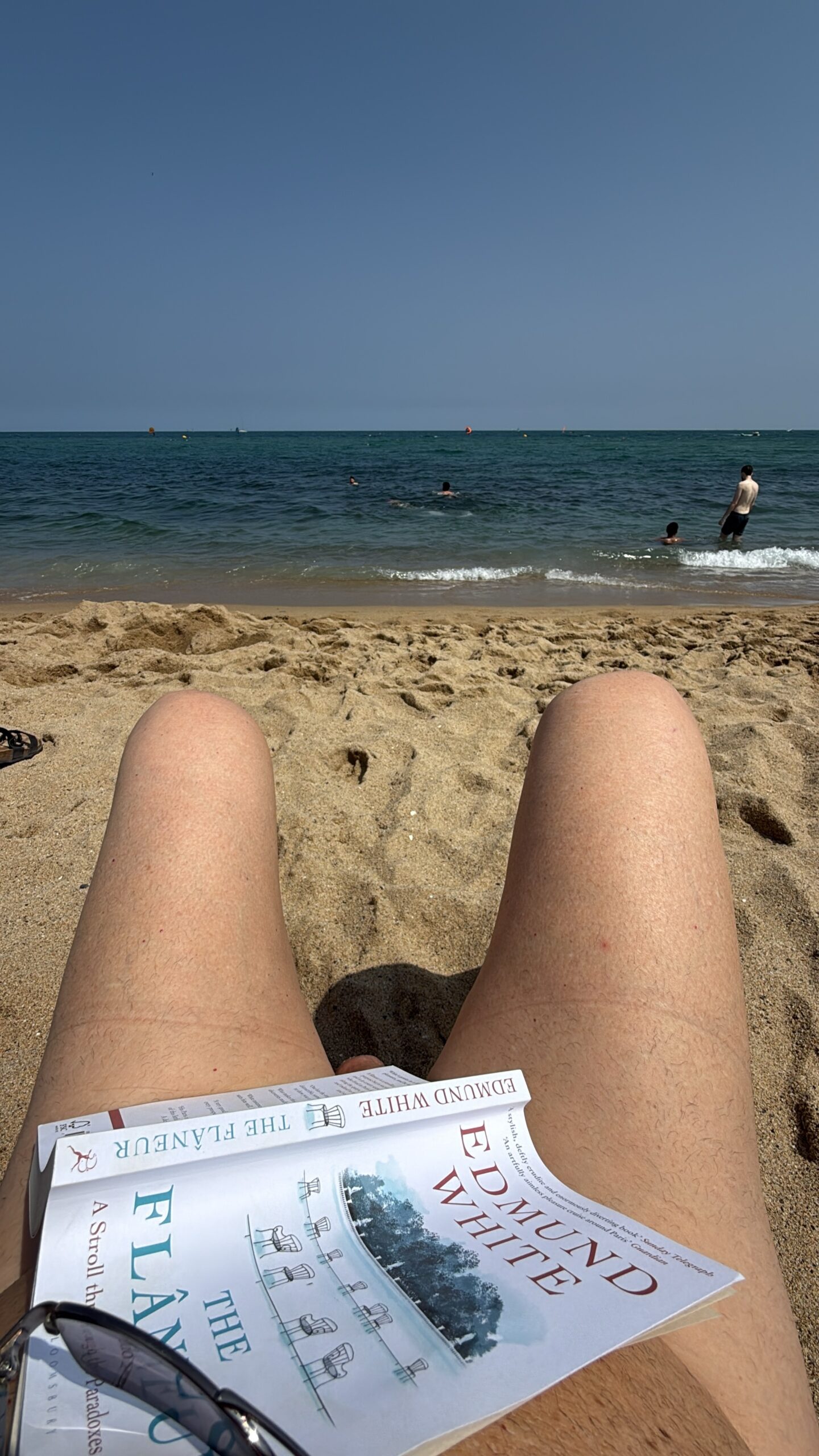
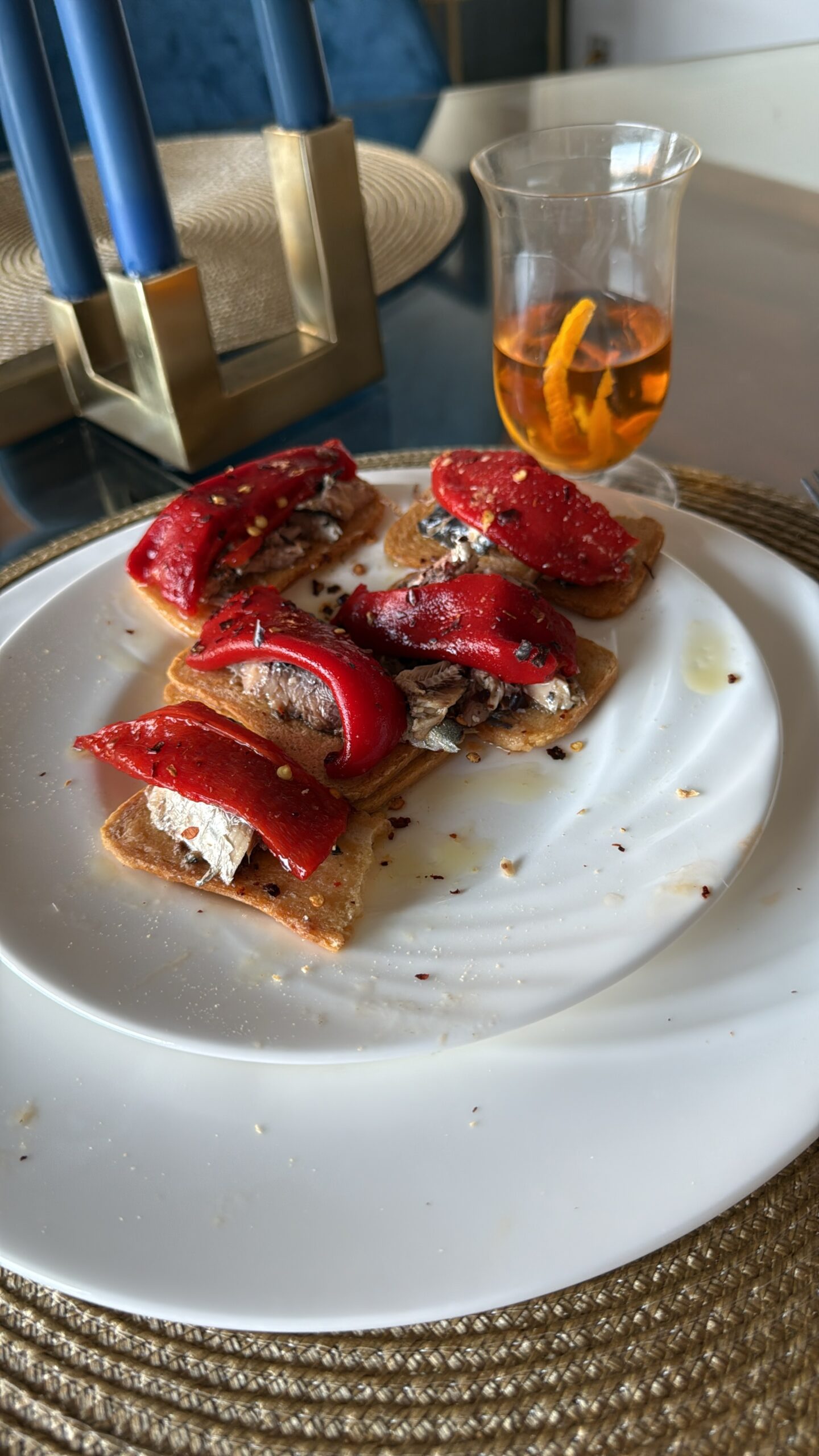
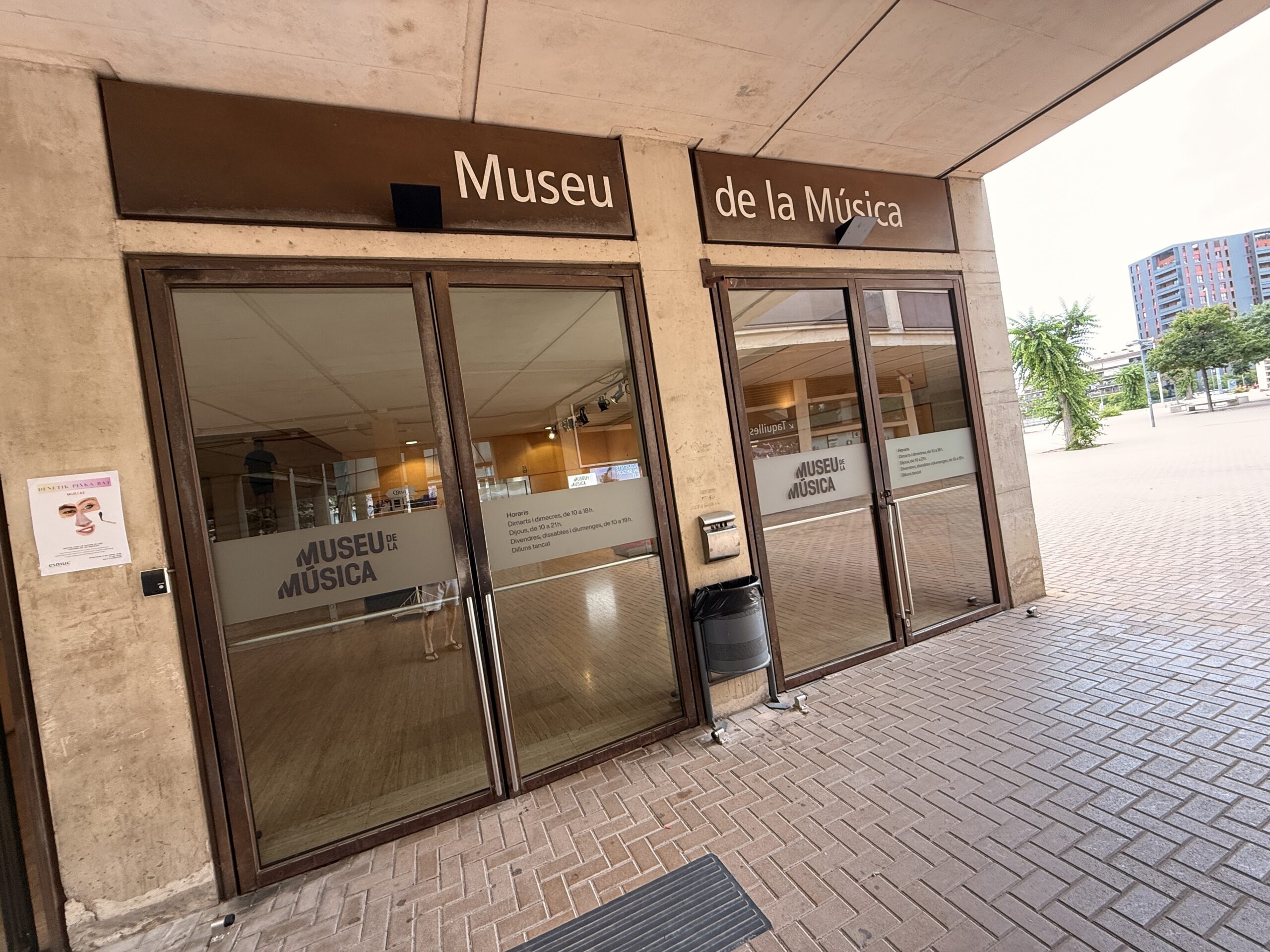
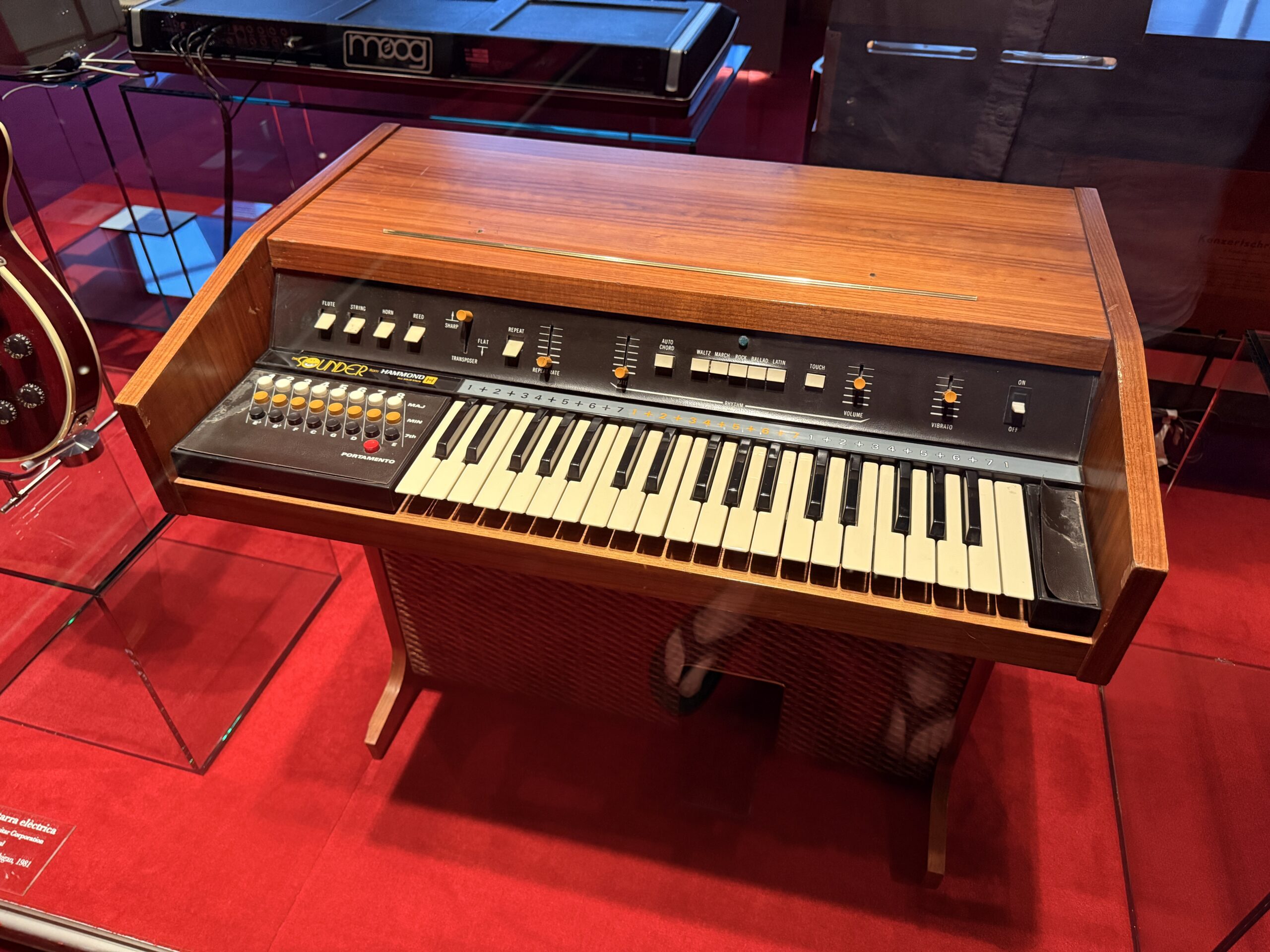
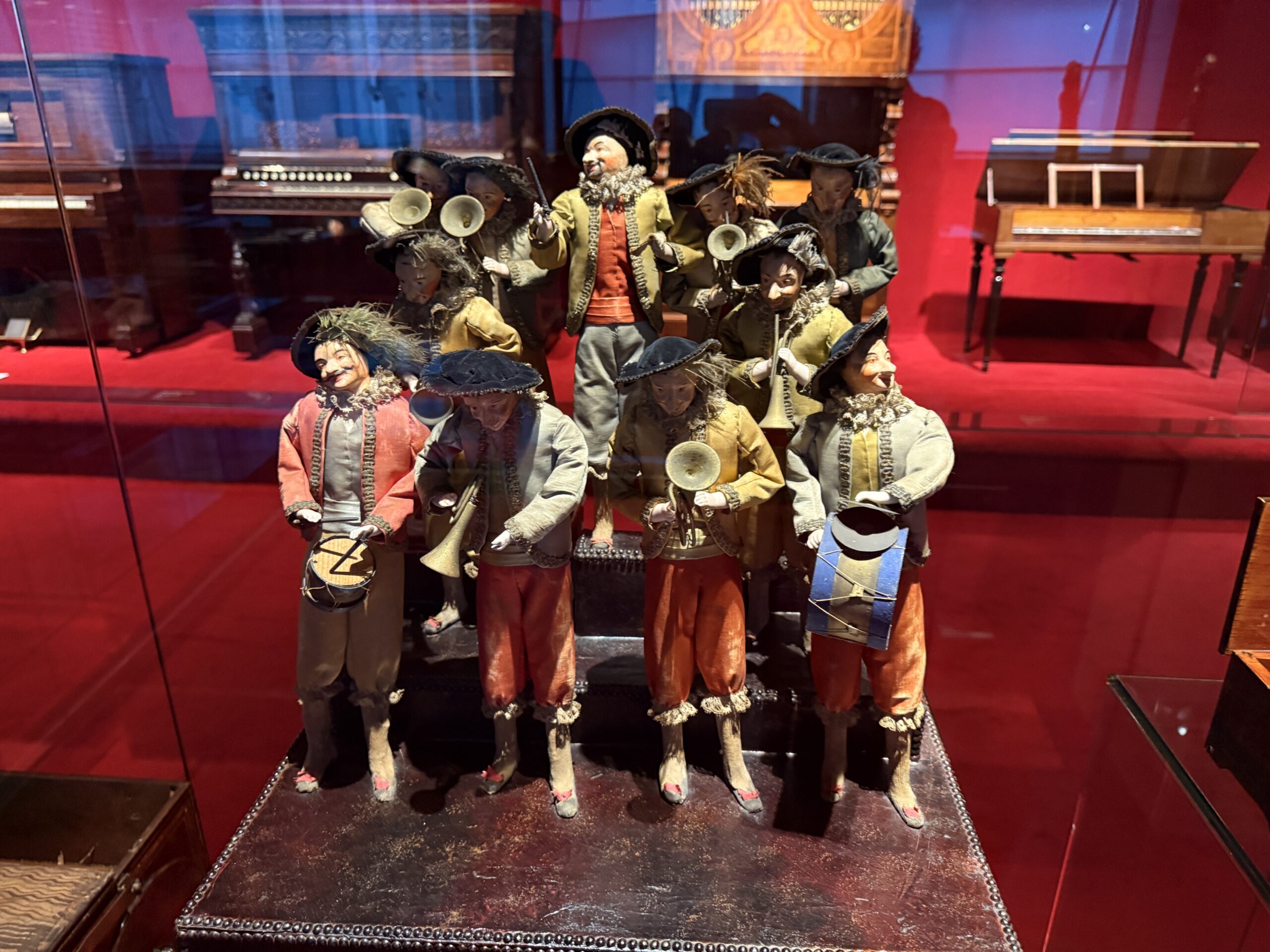
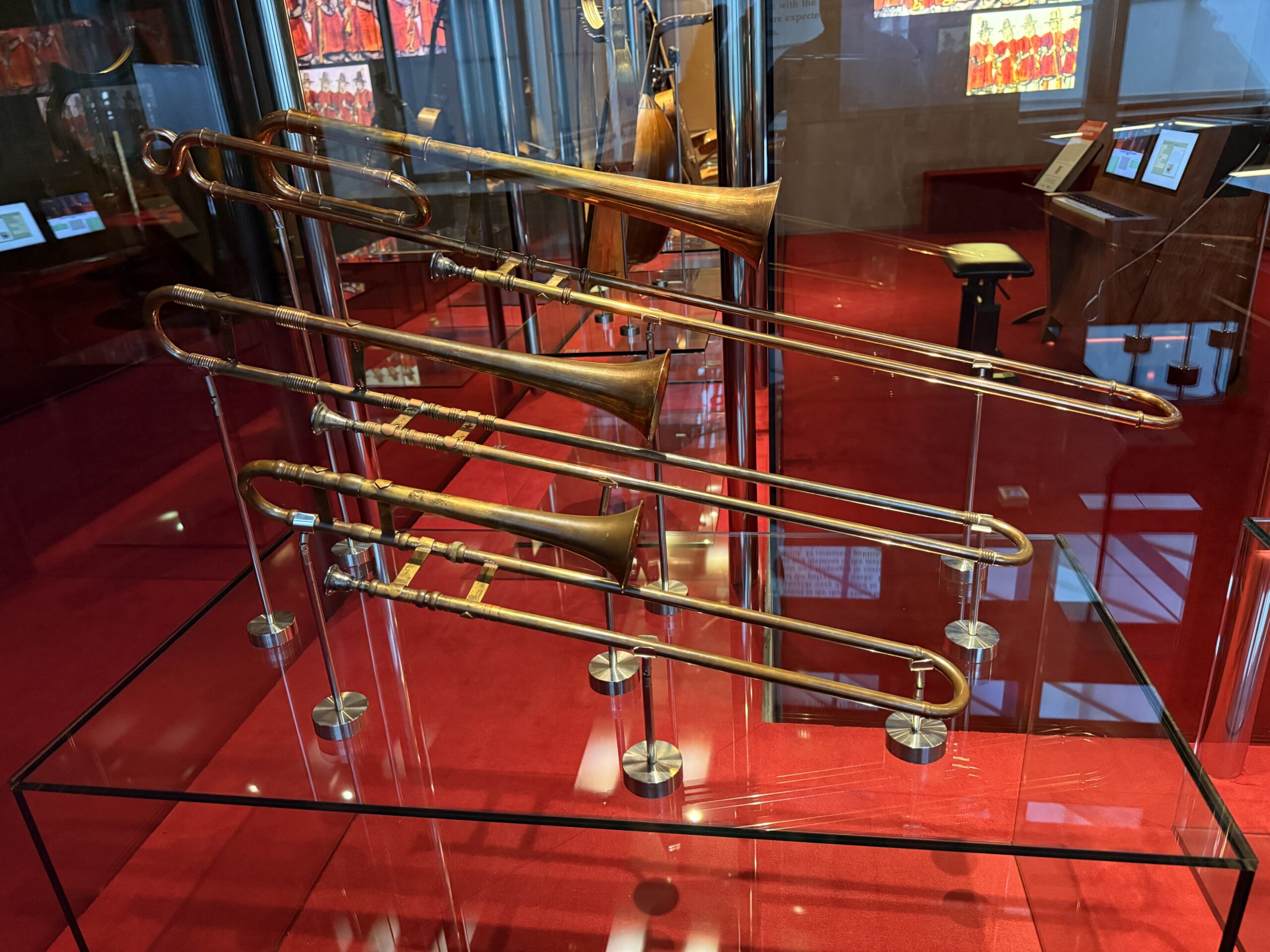
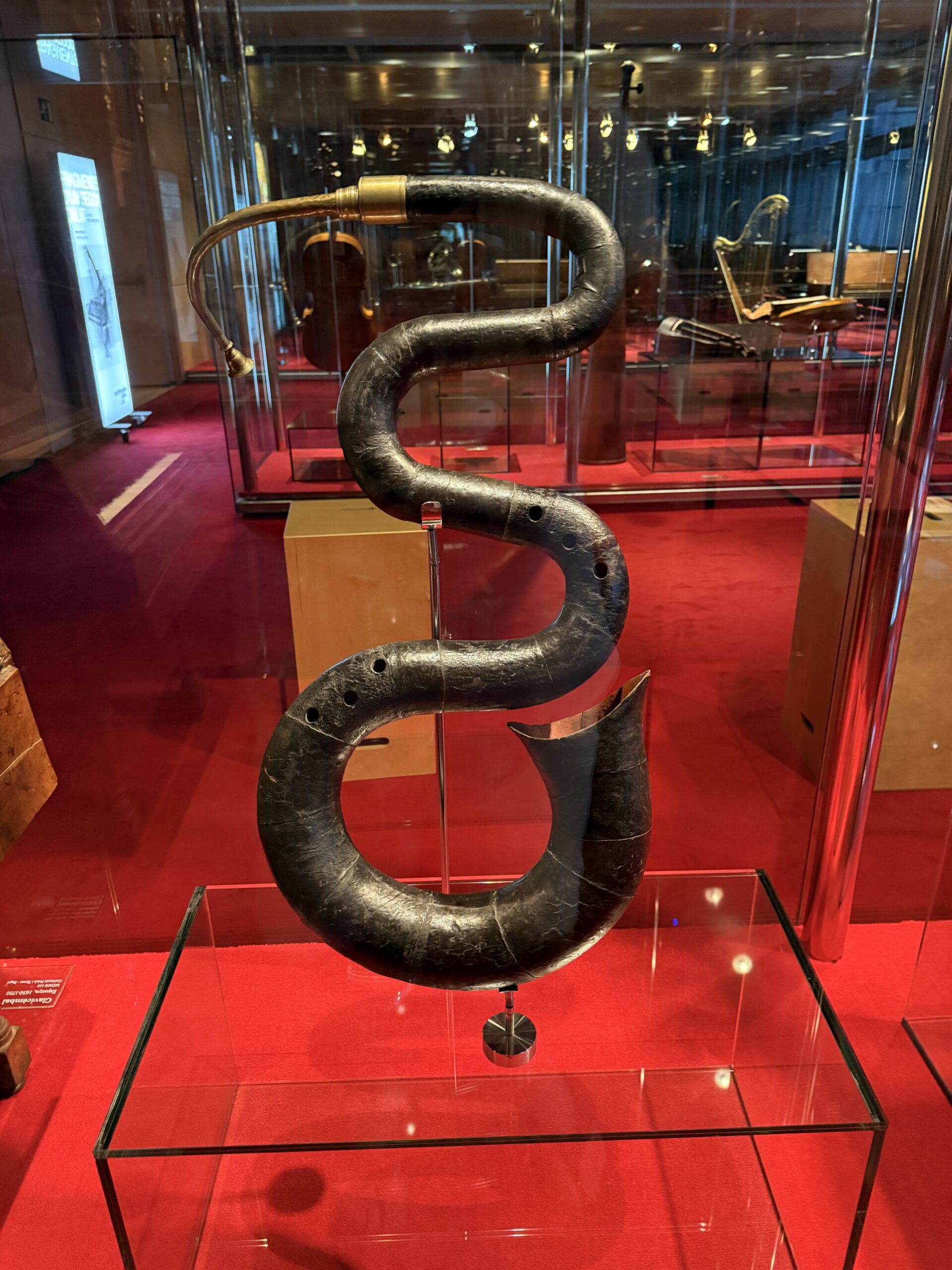
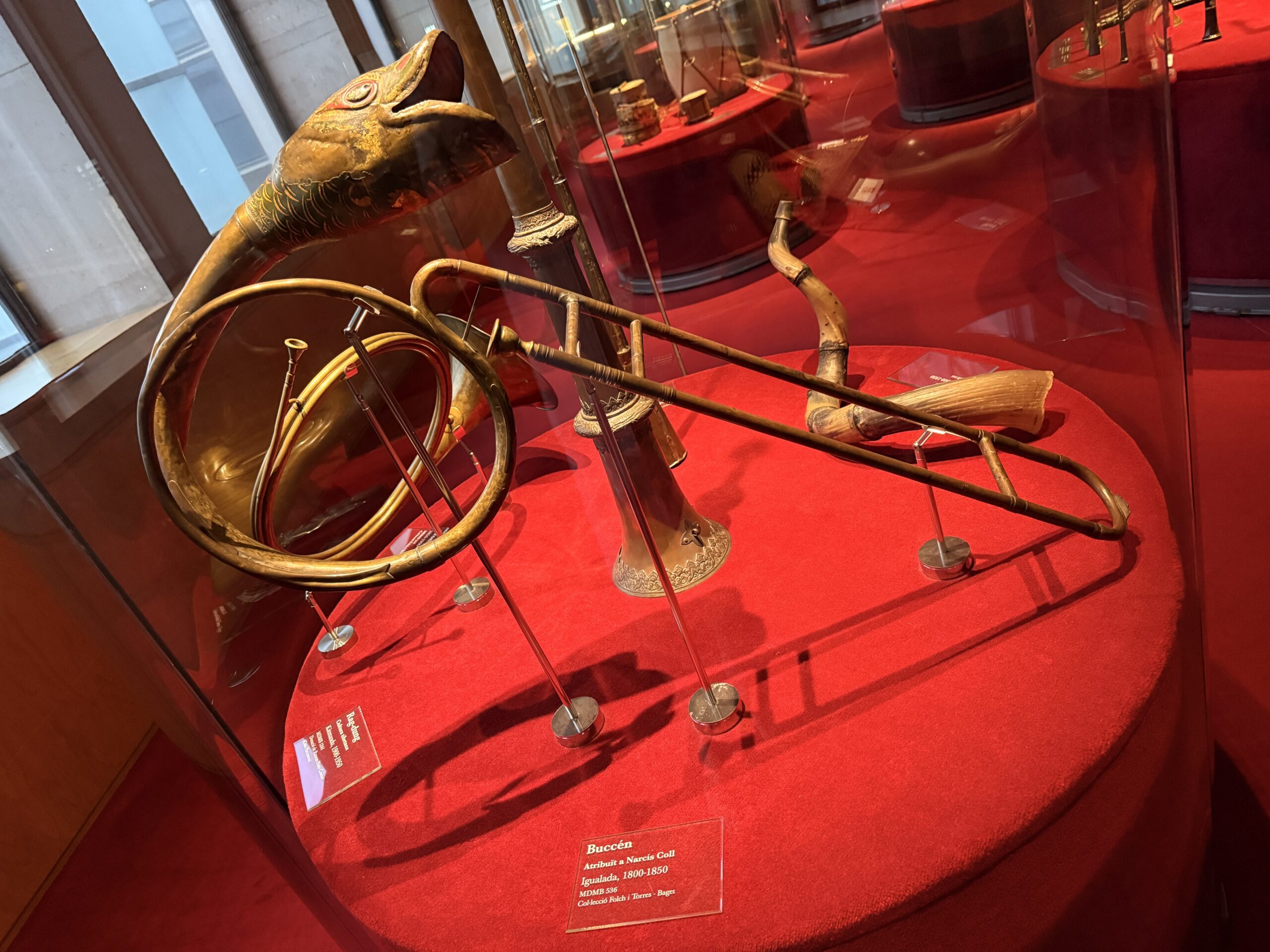
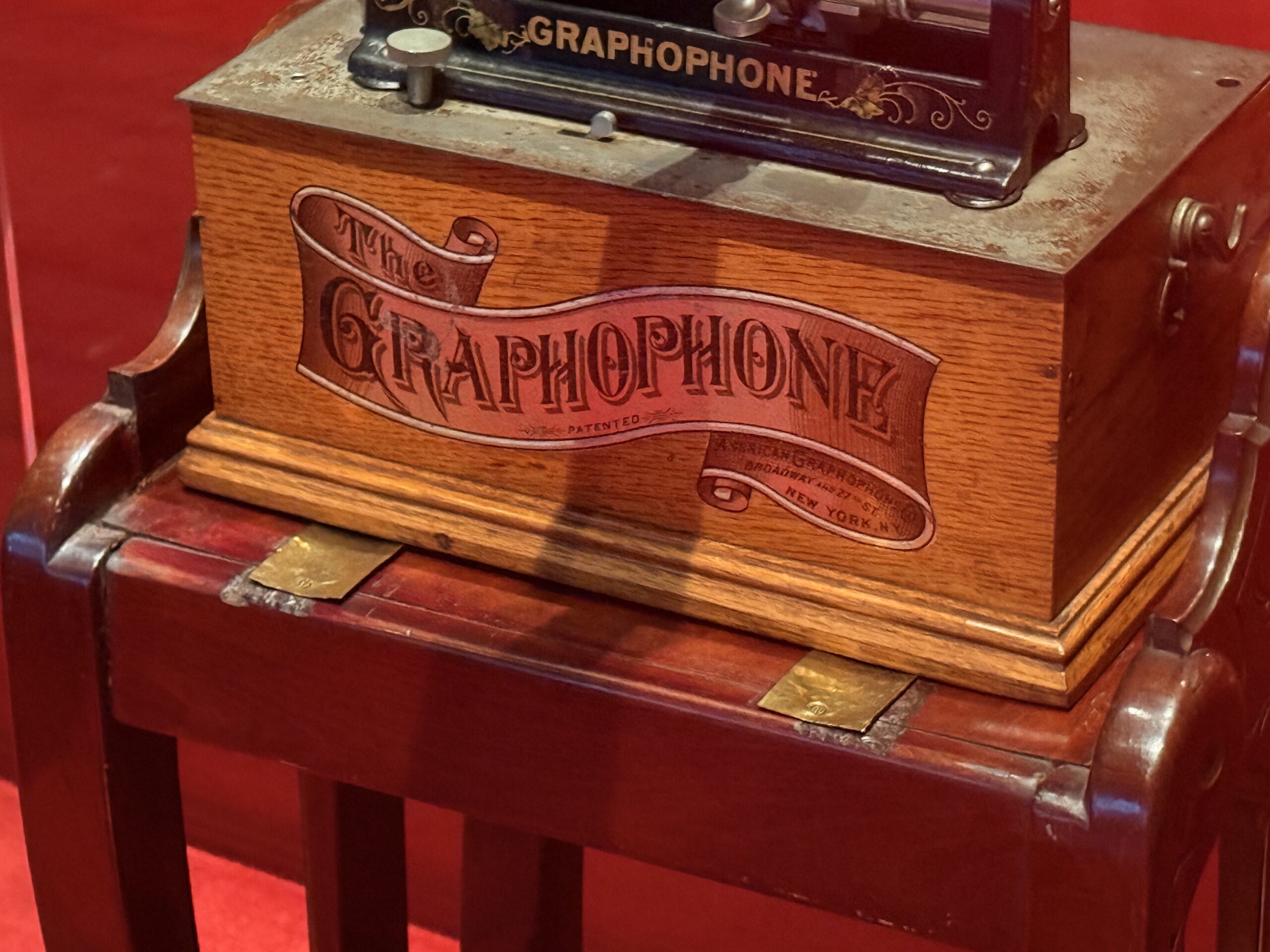
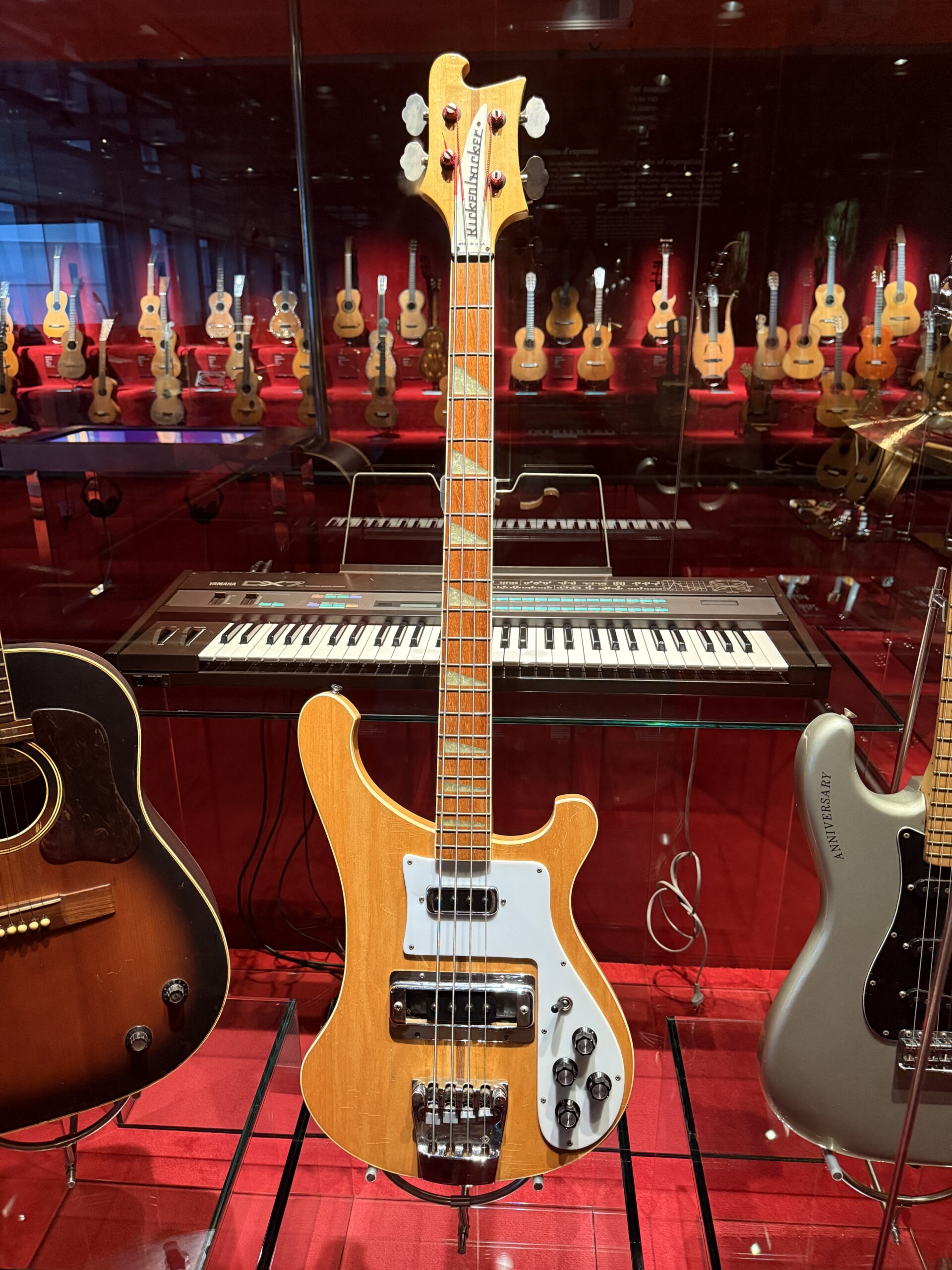
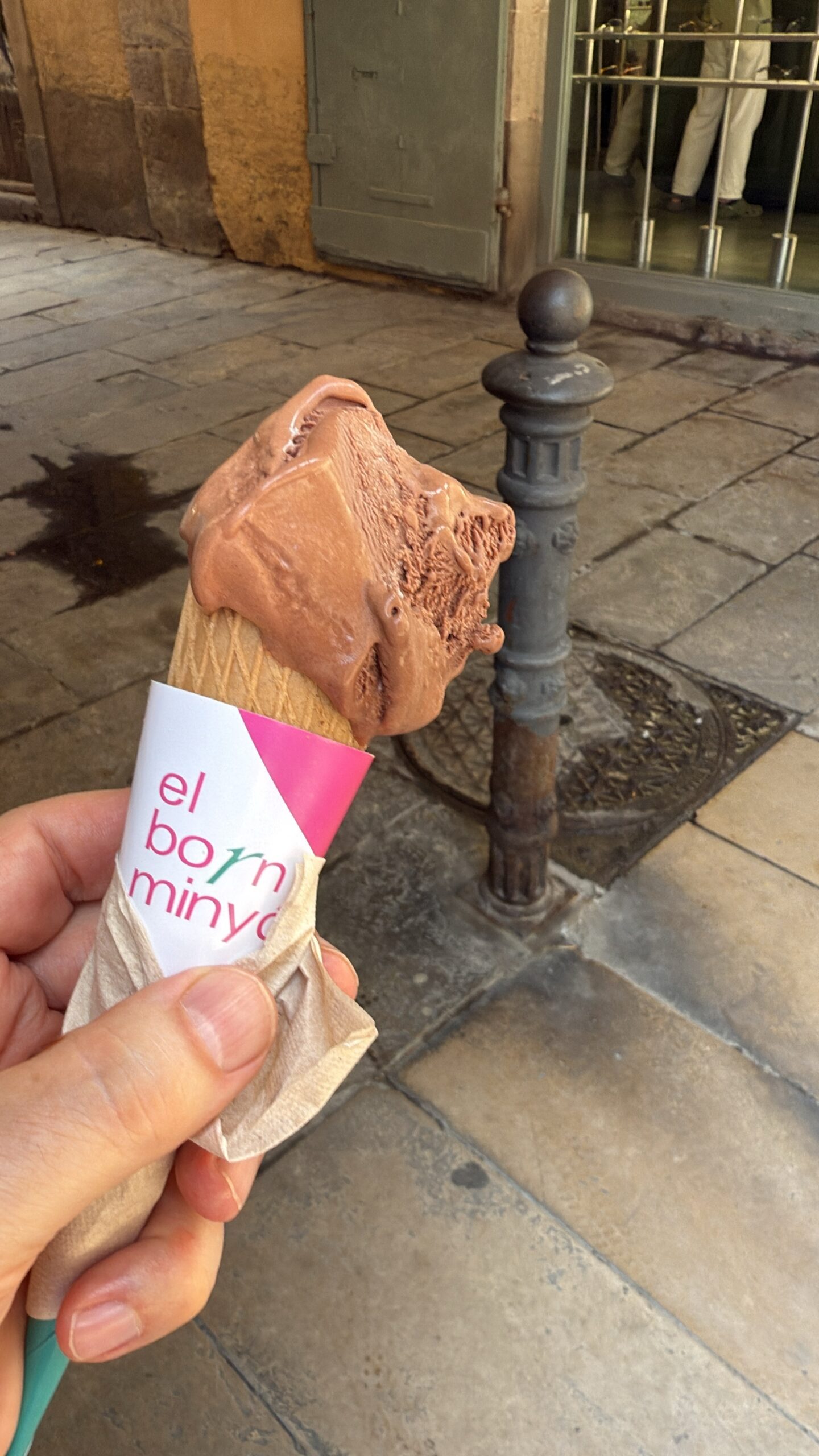
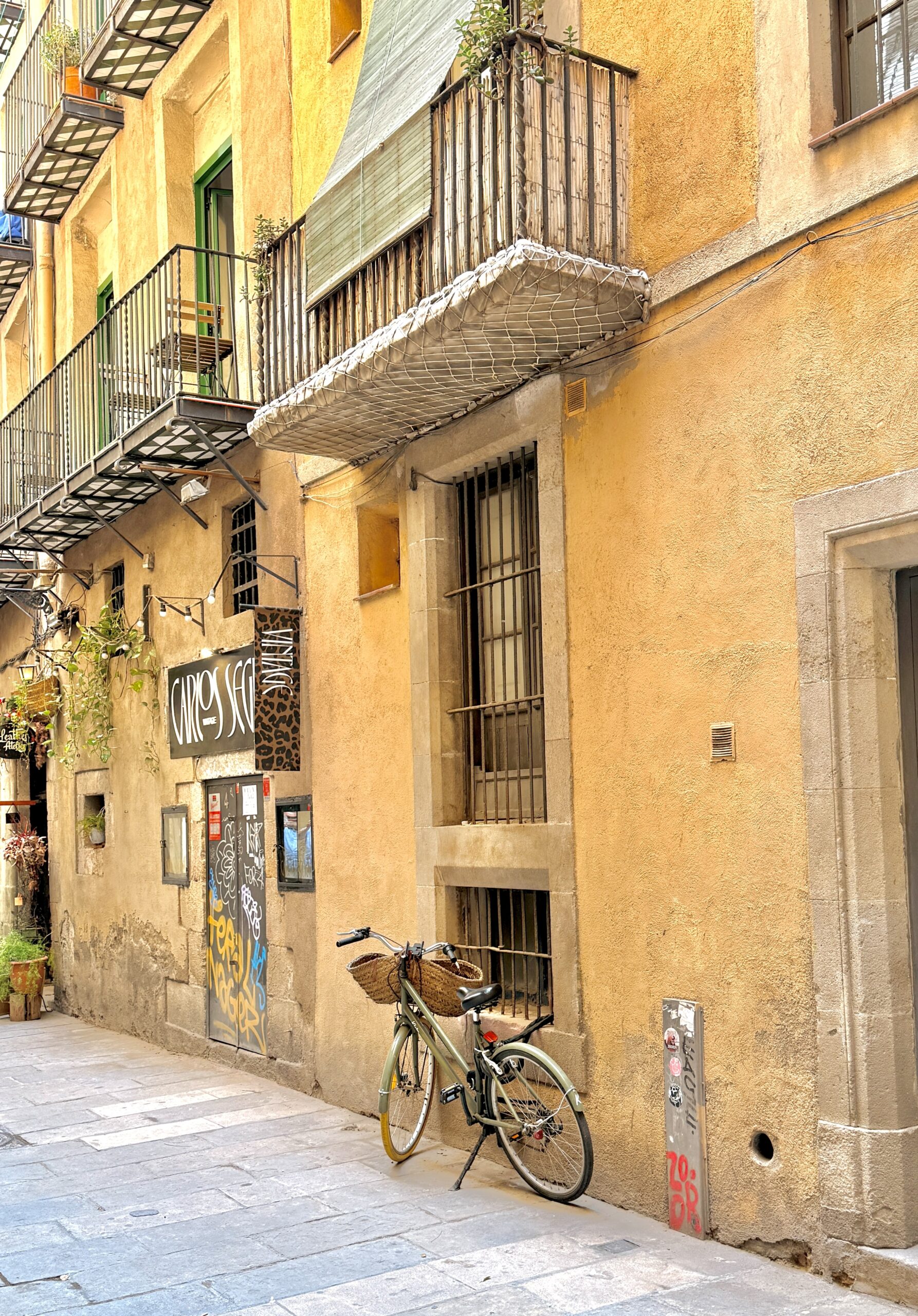
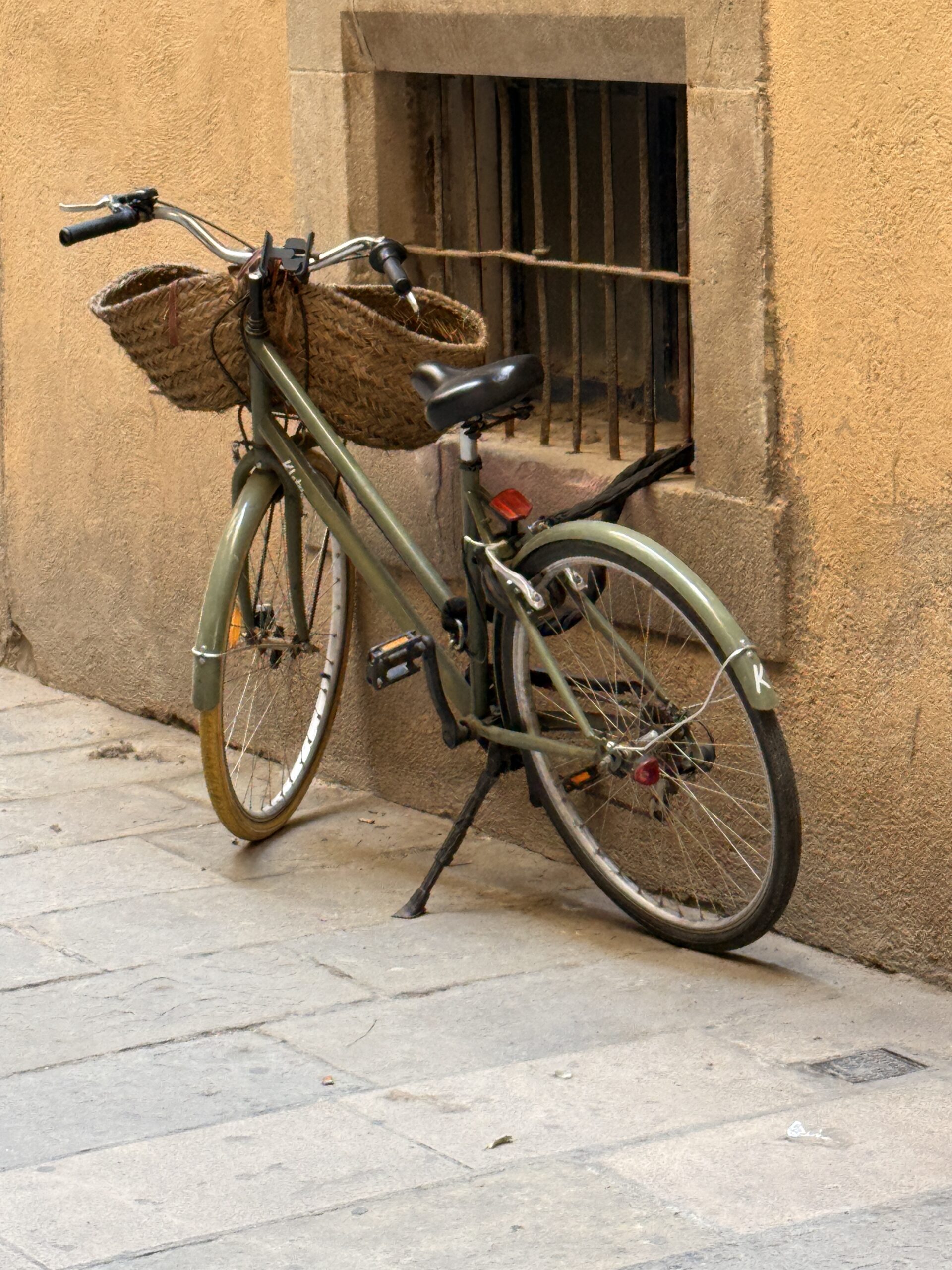
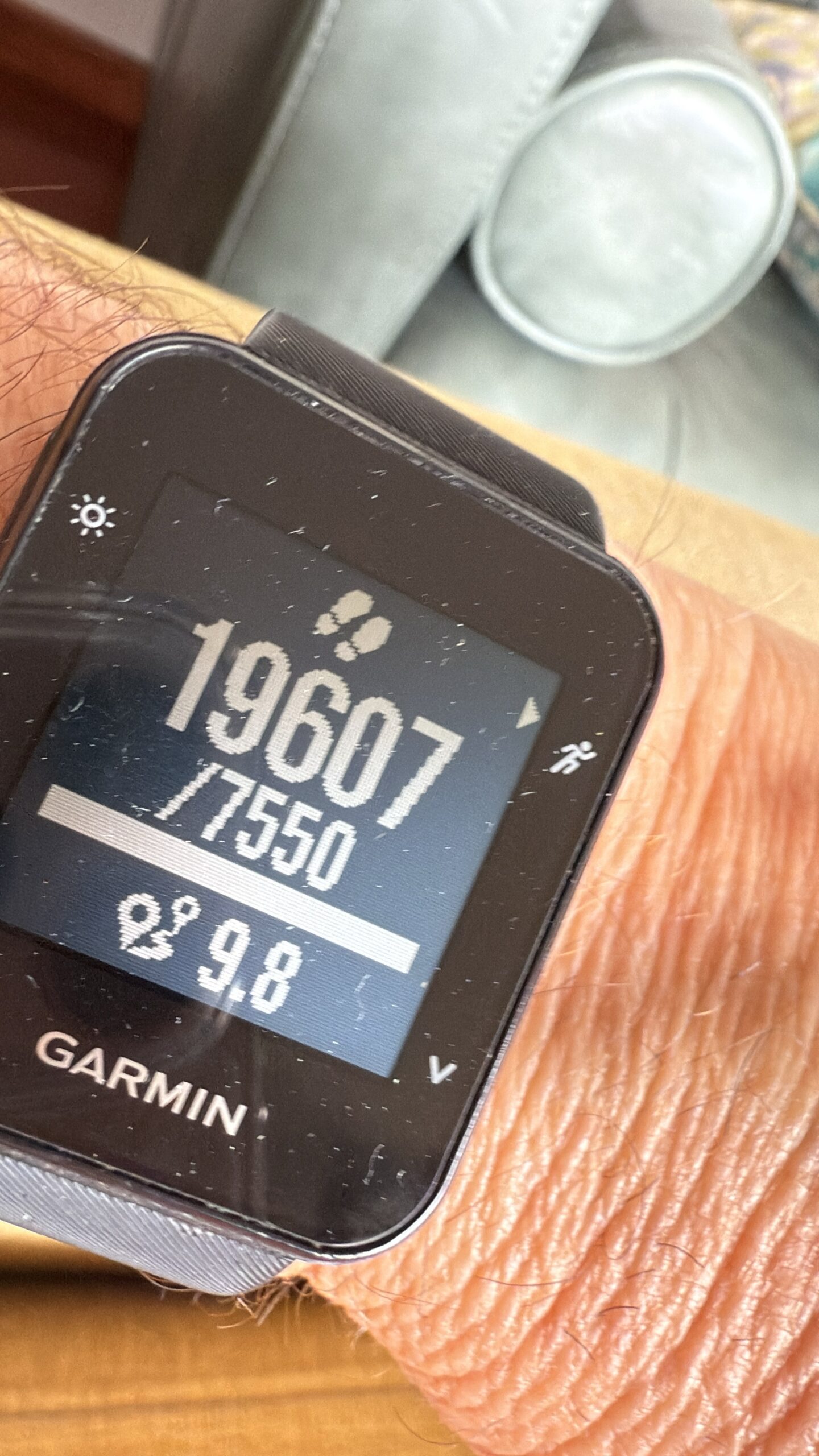
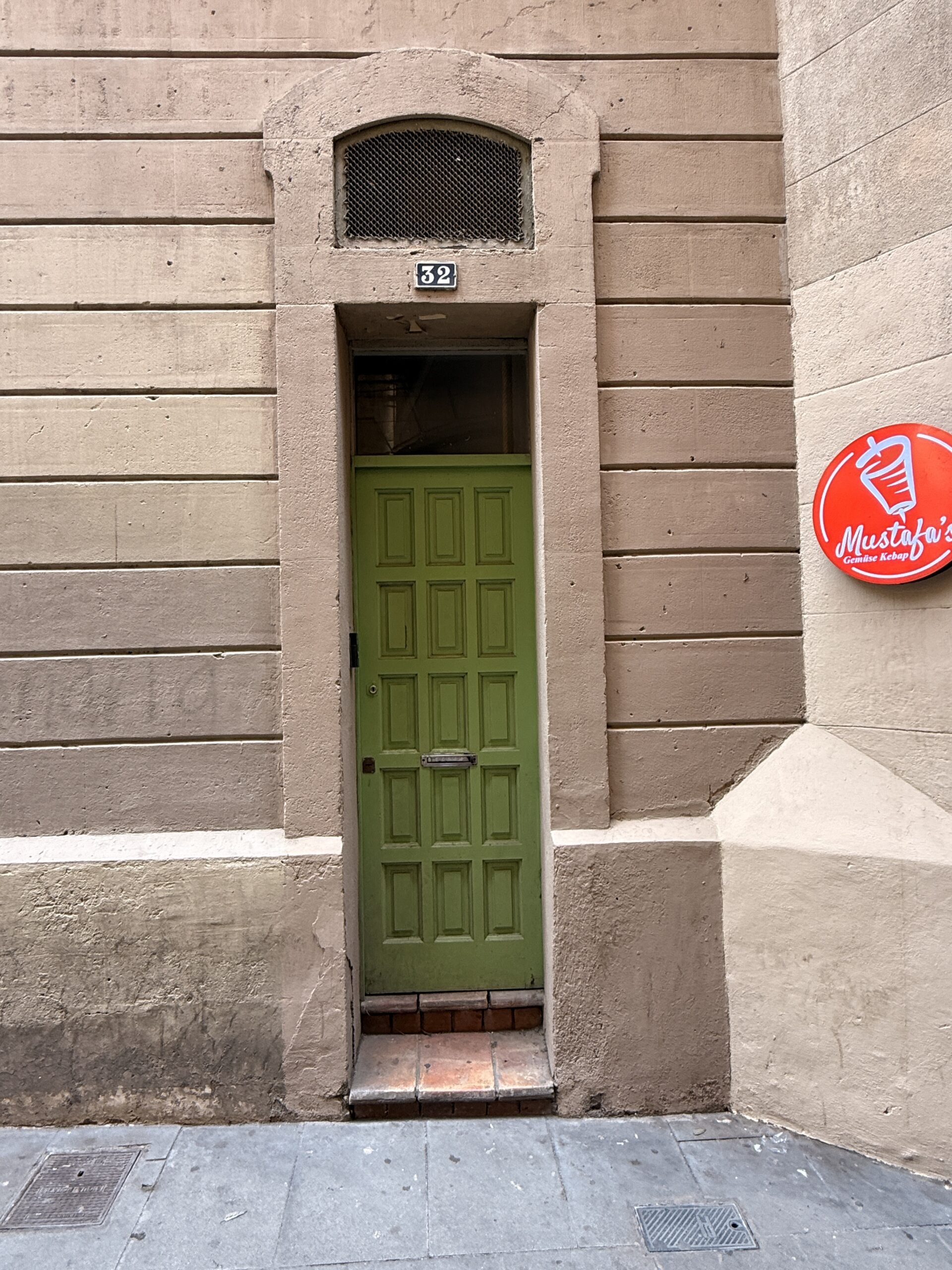
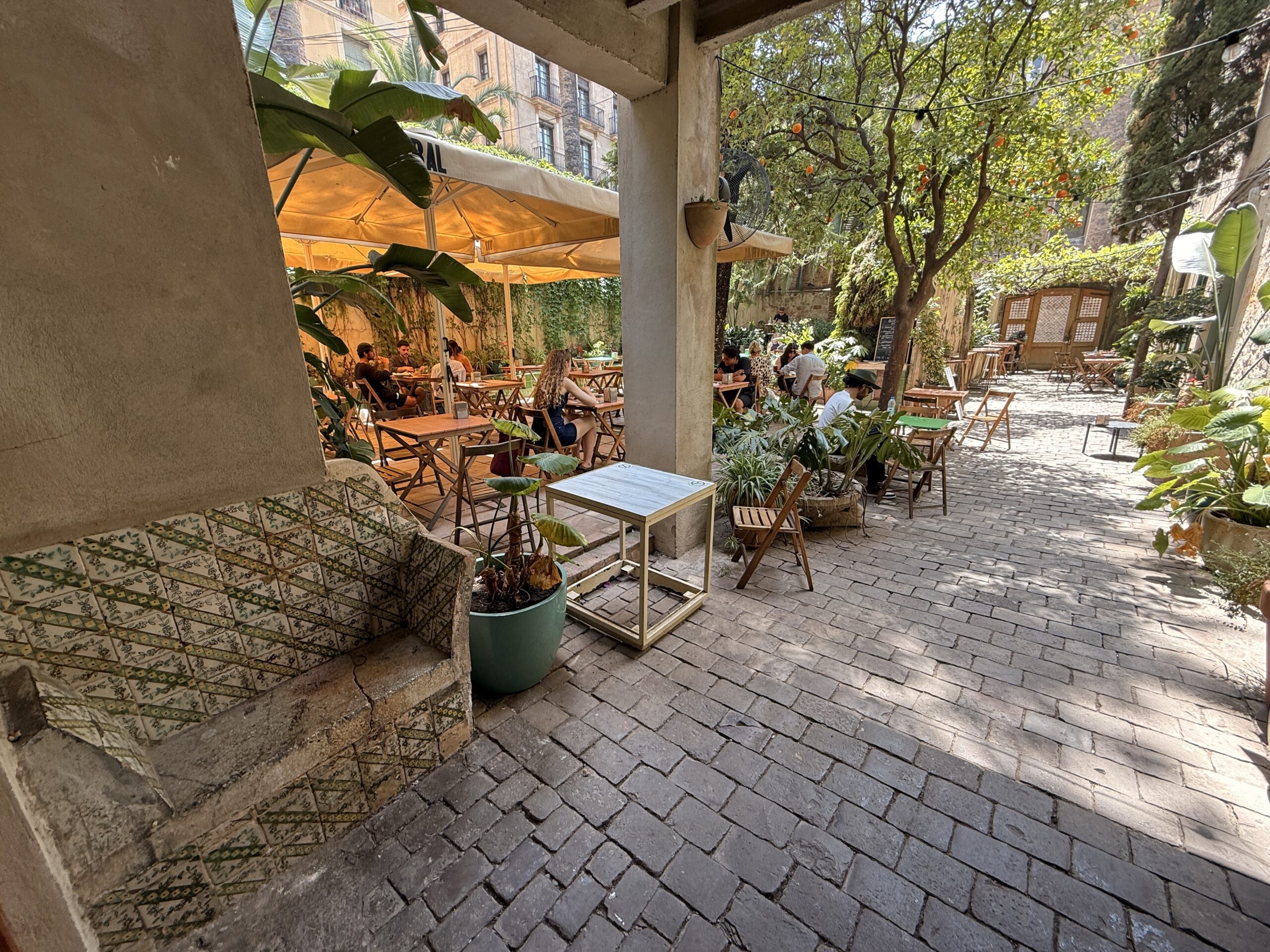
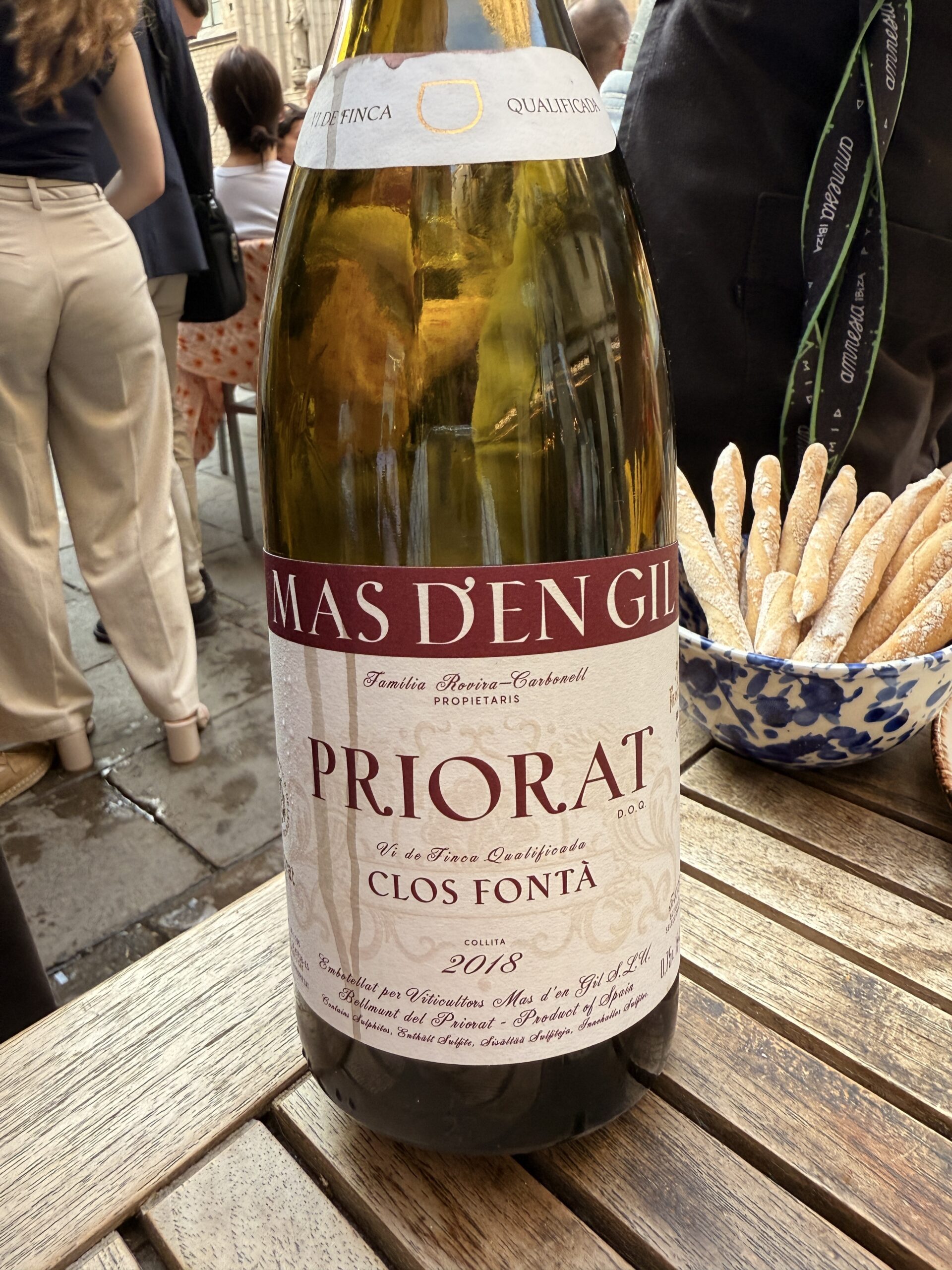
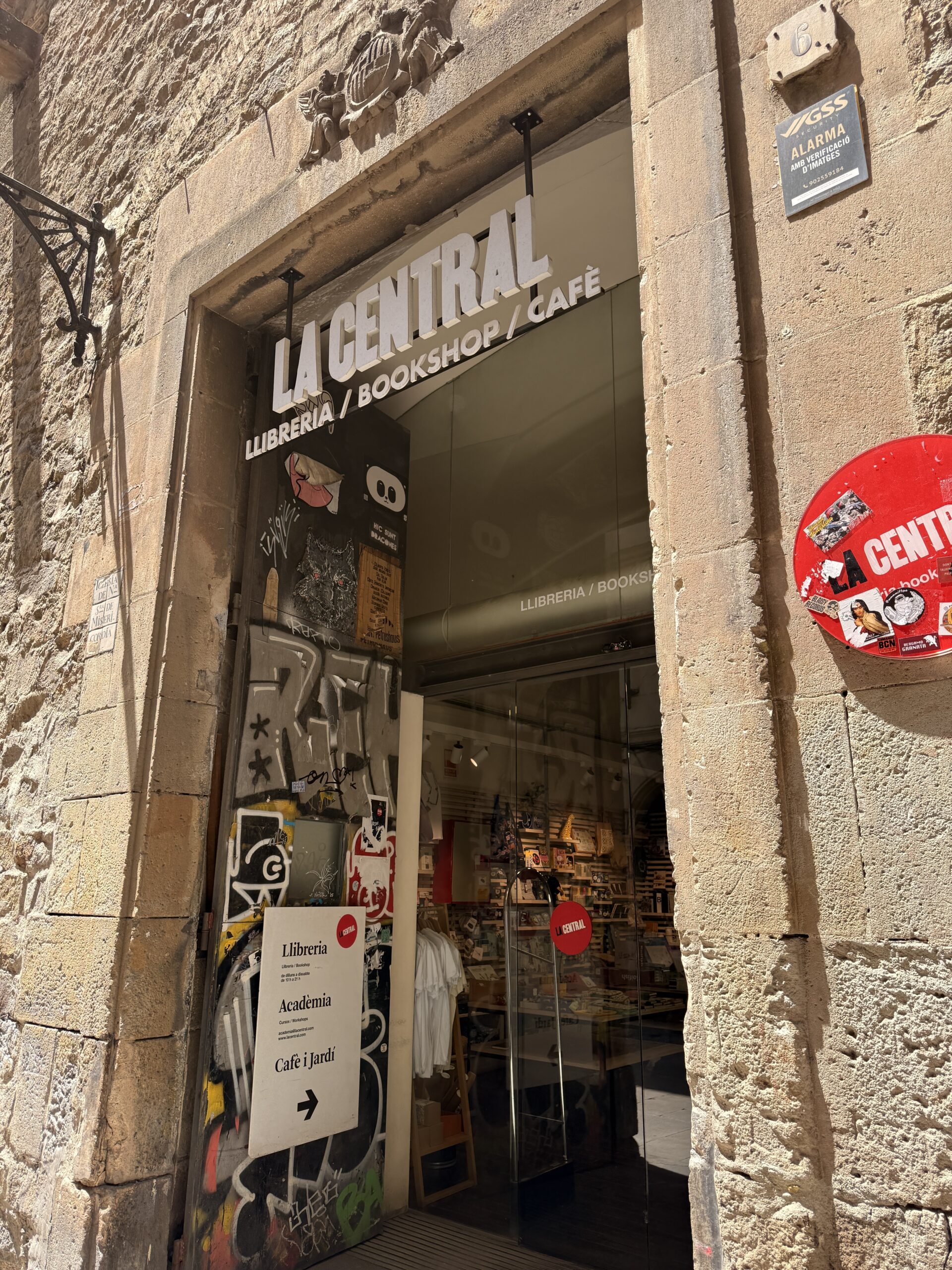
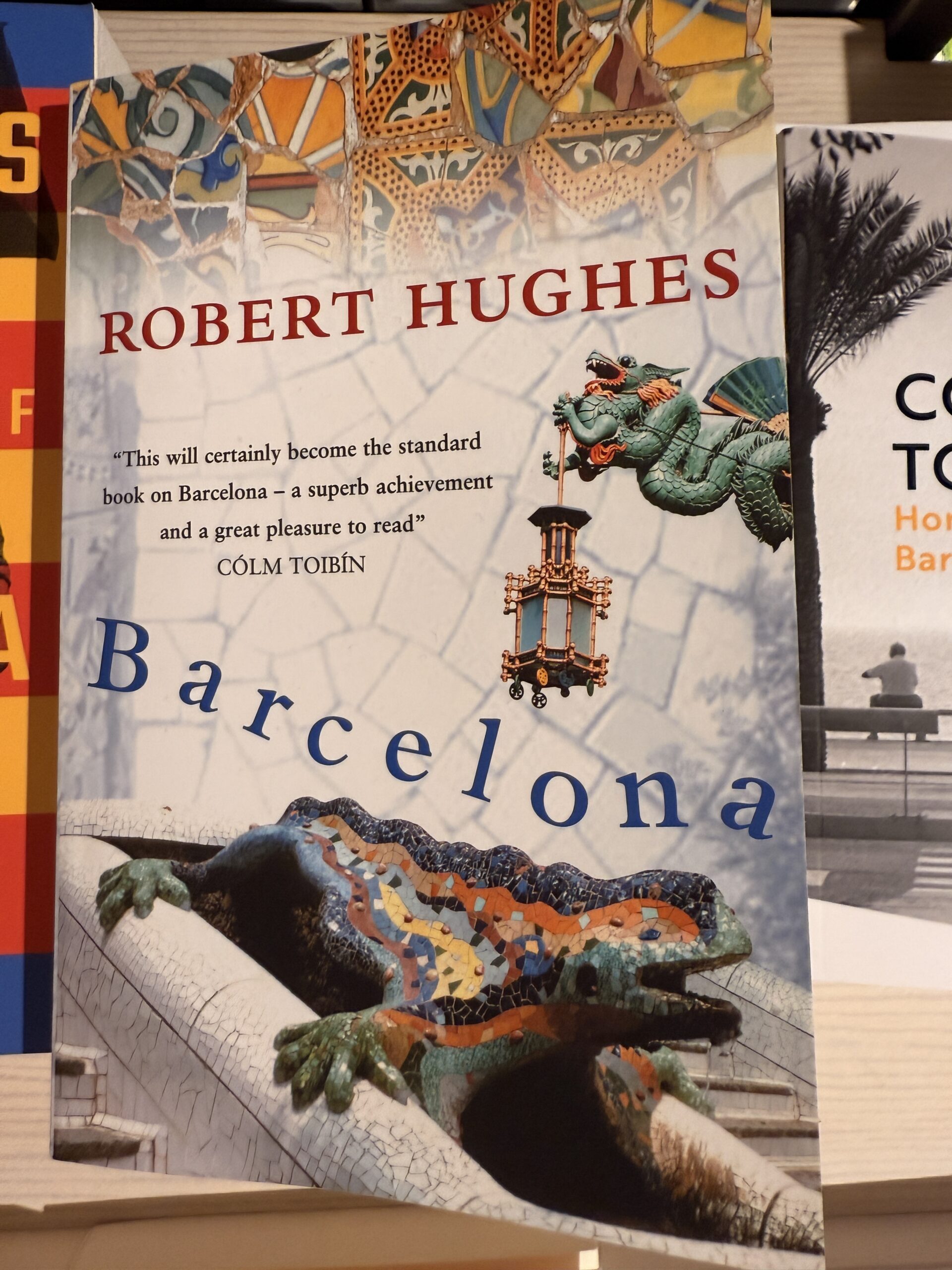
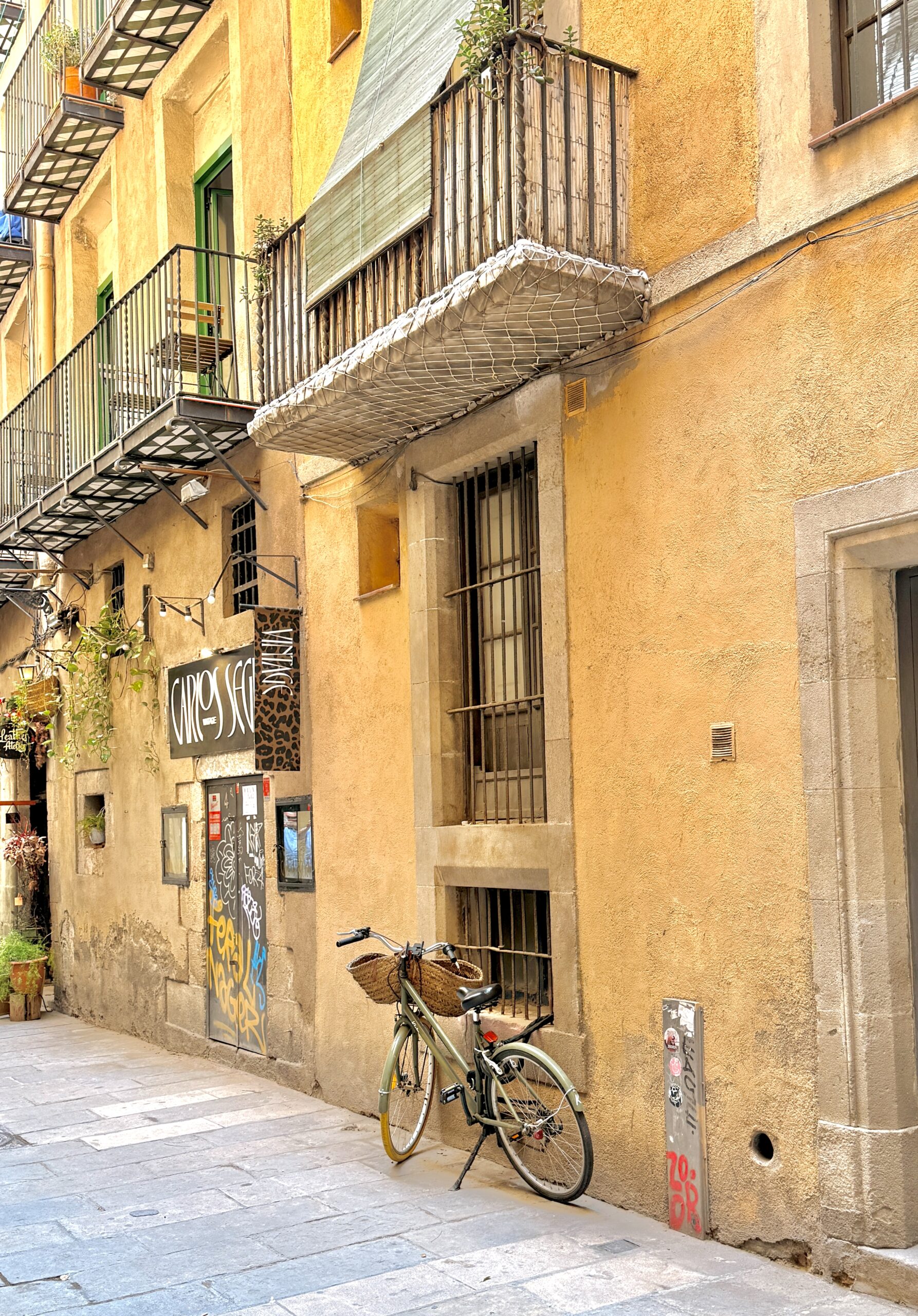
Leave a Reply